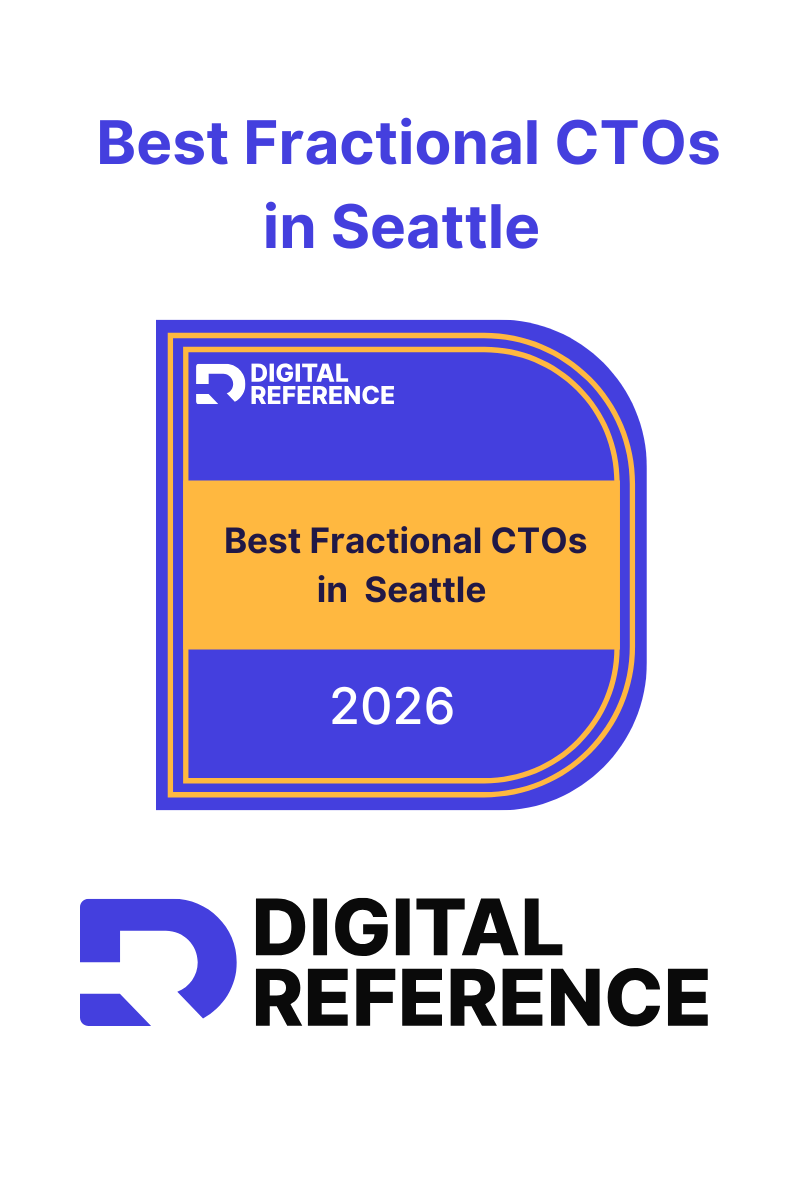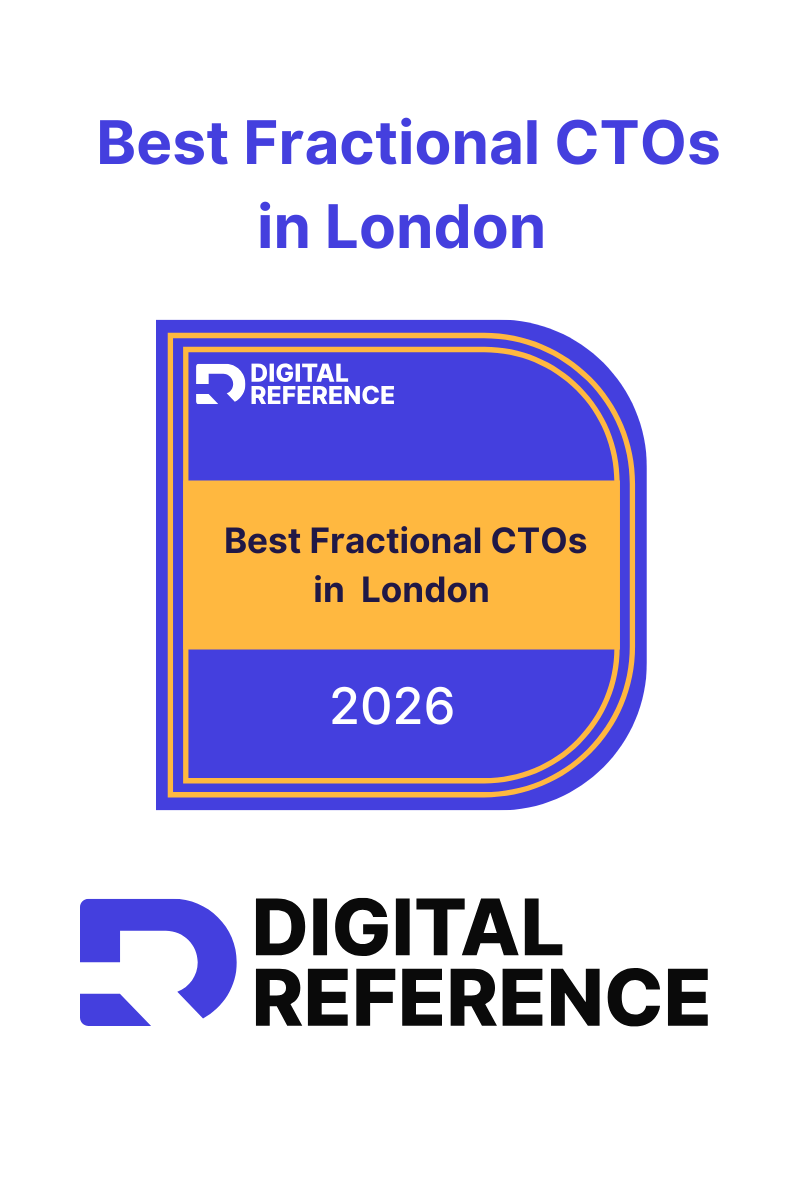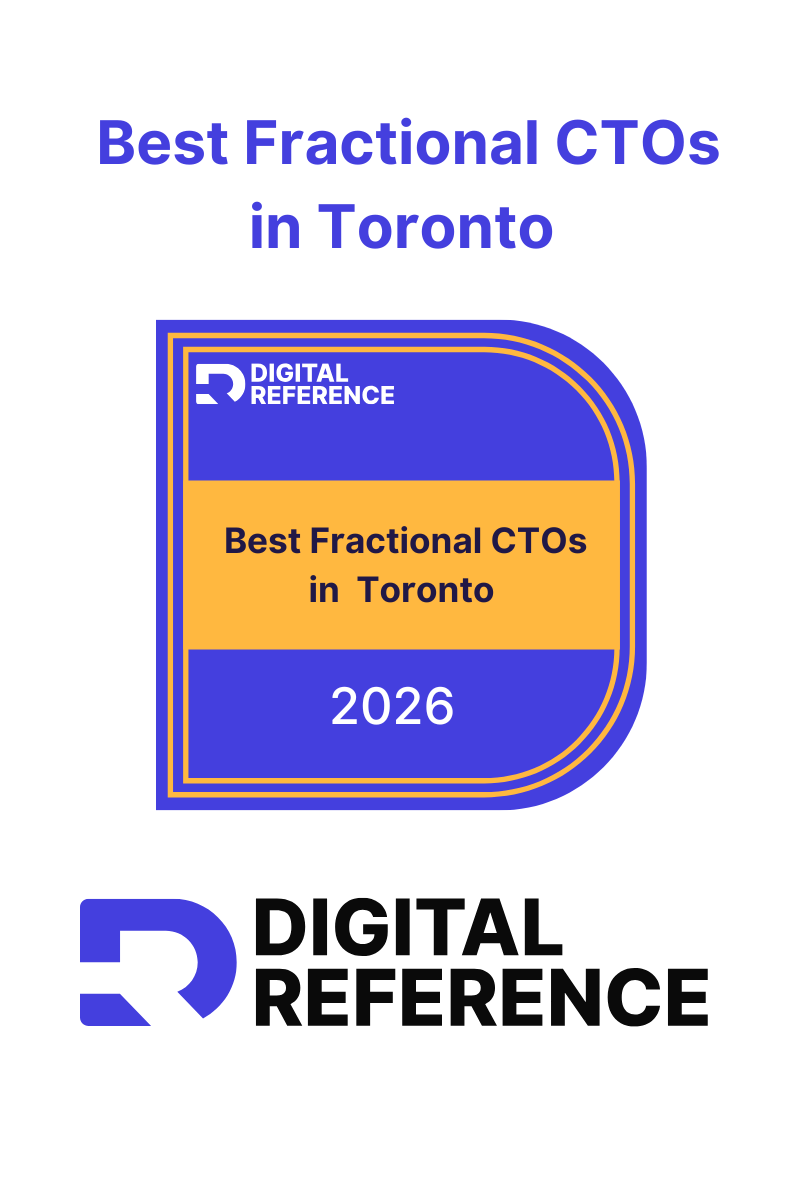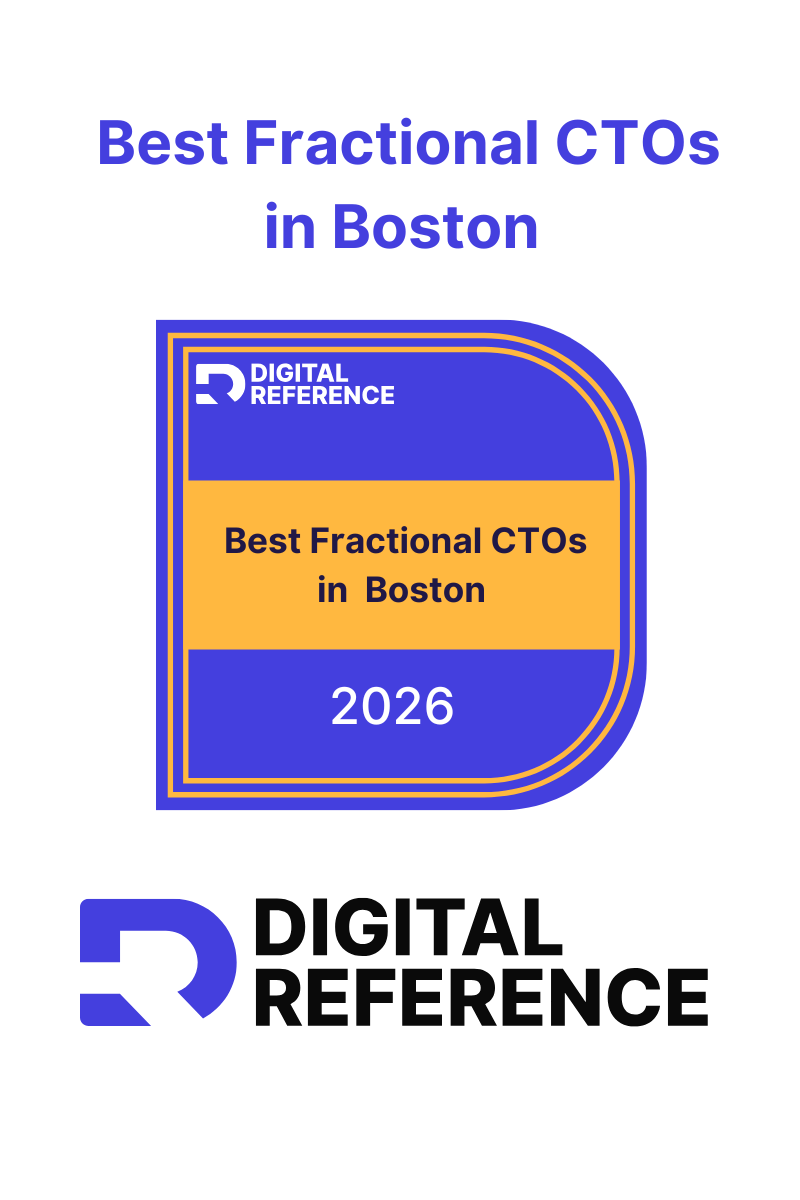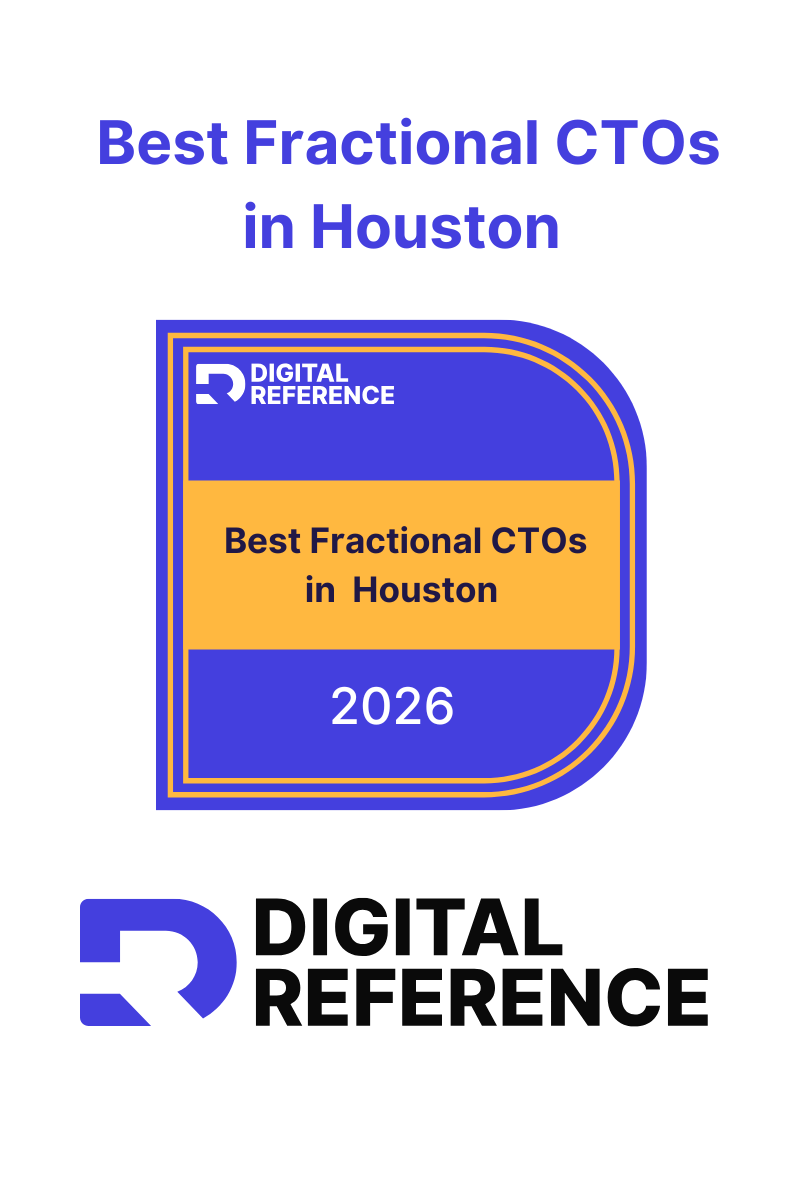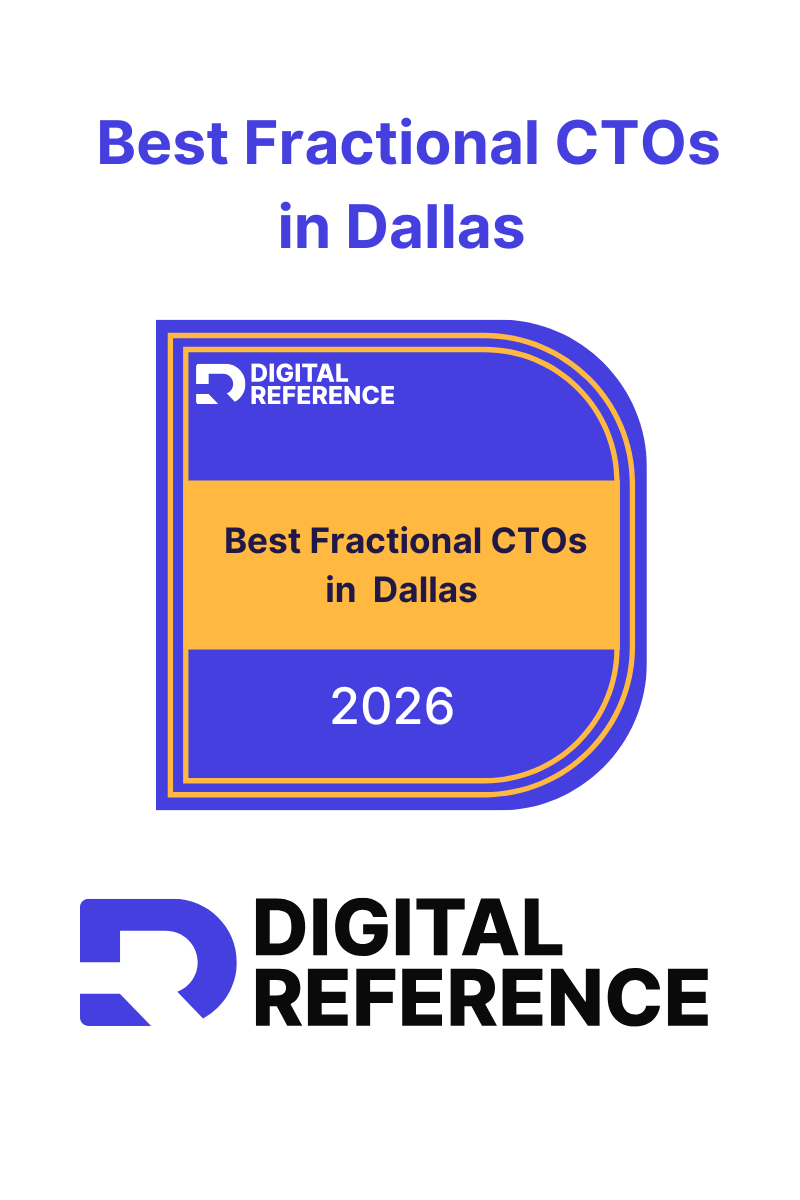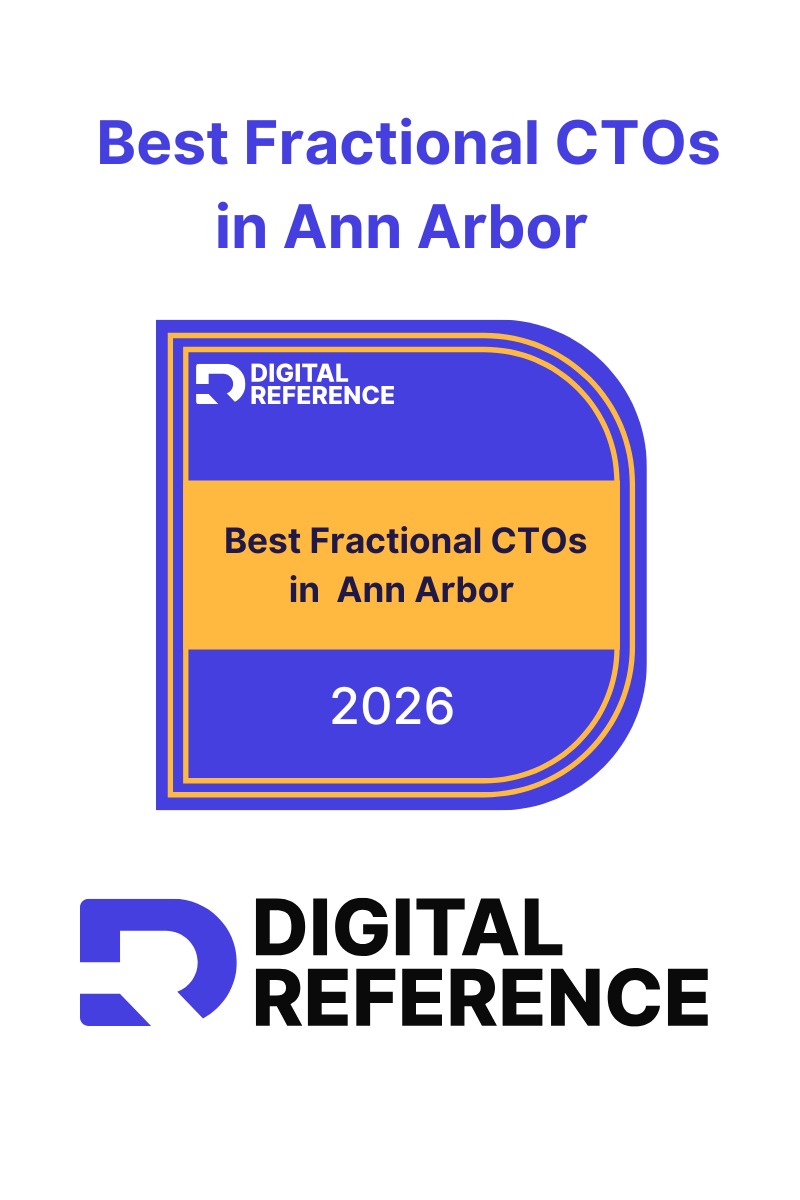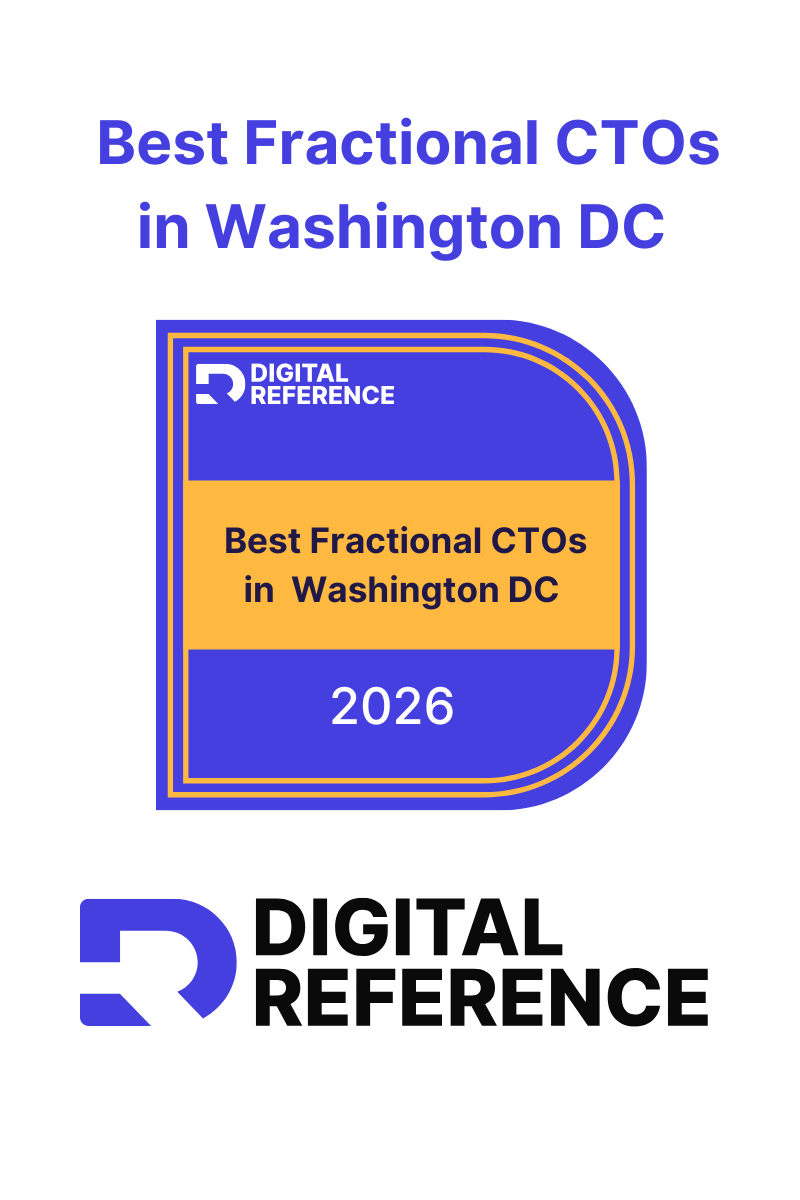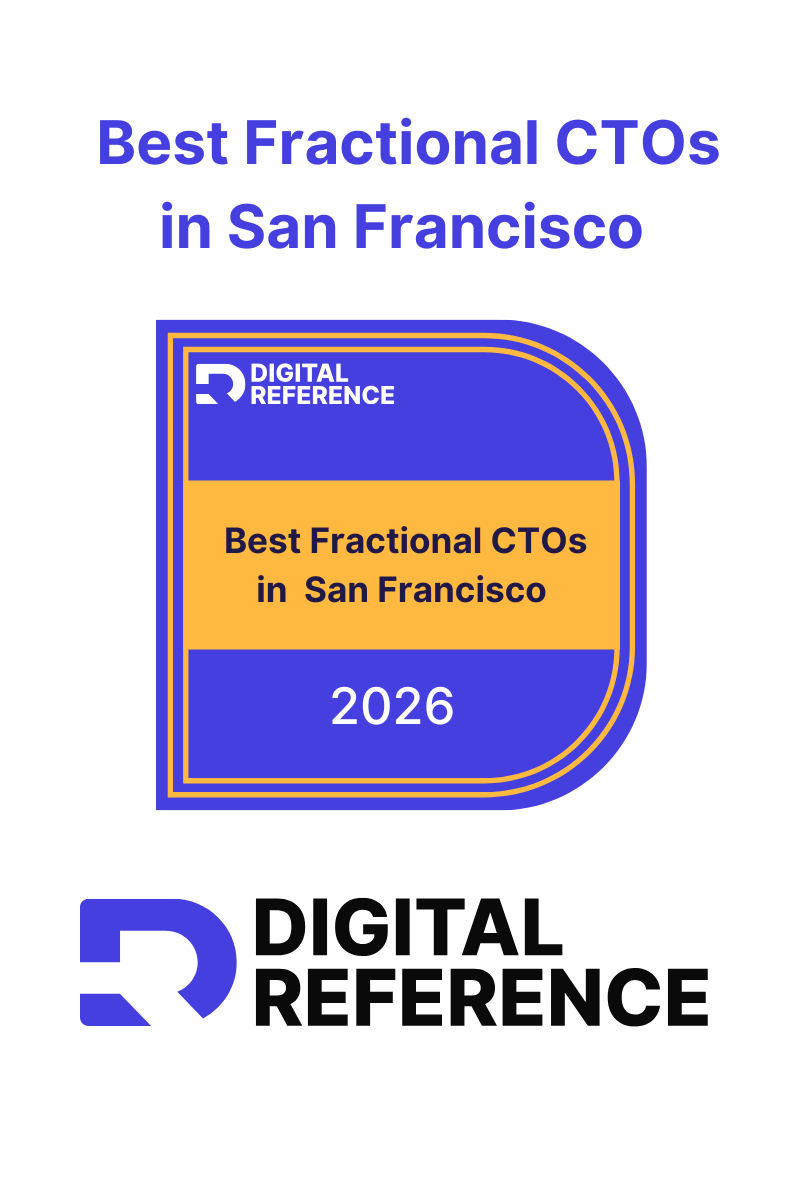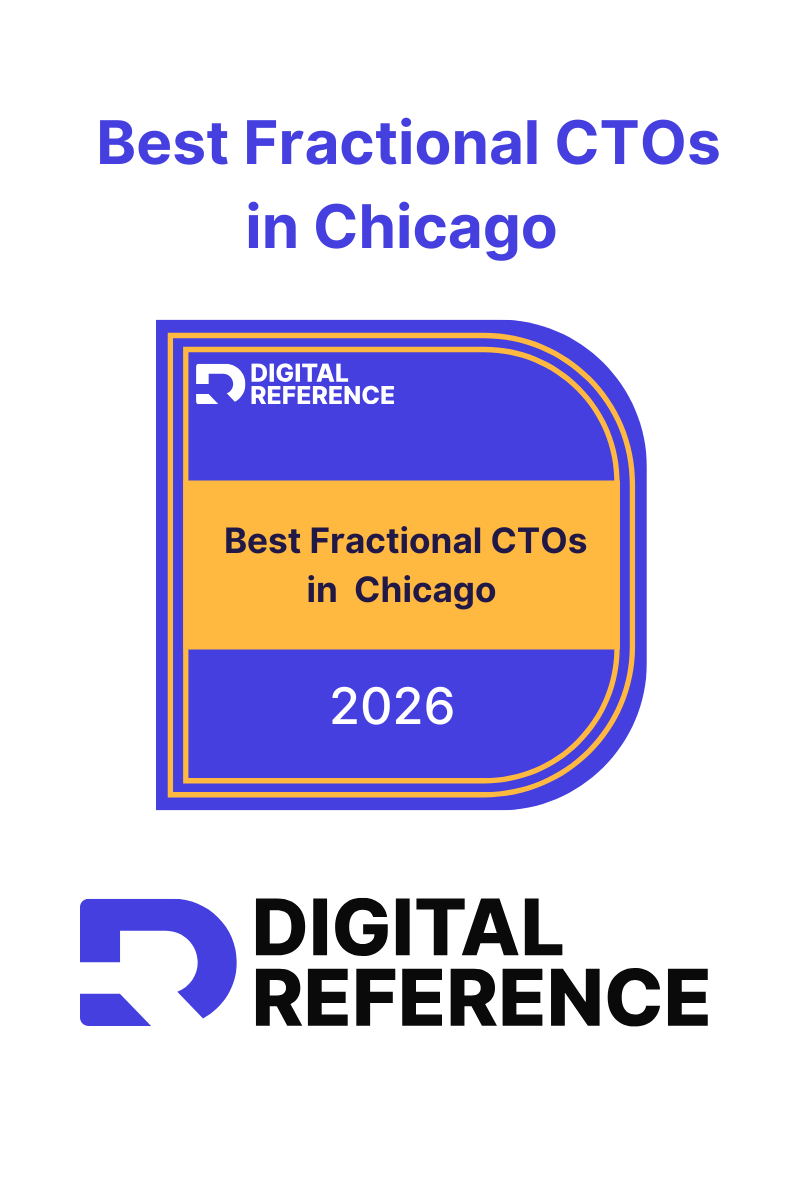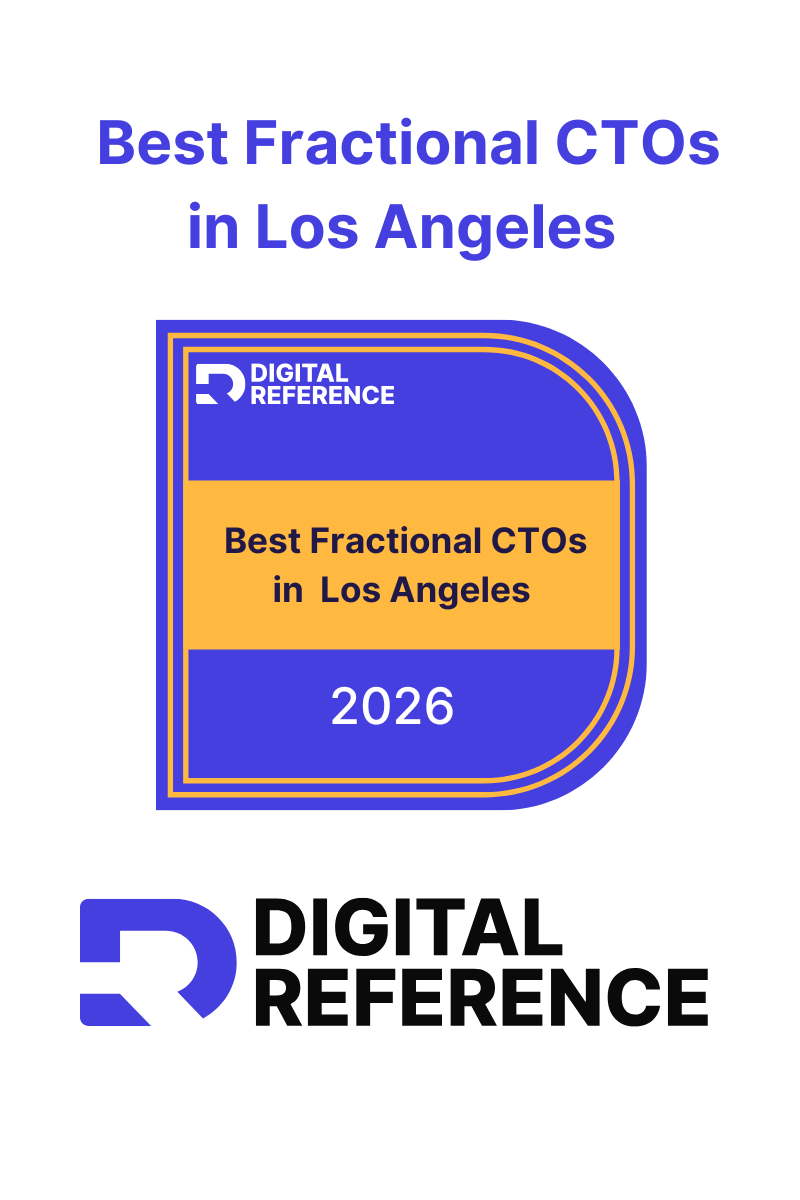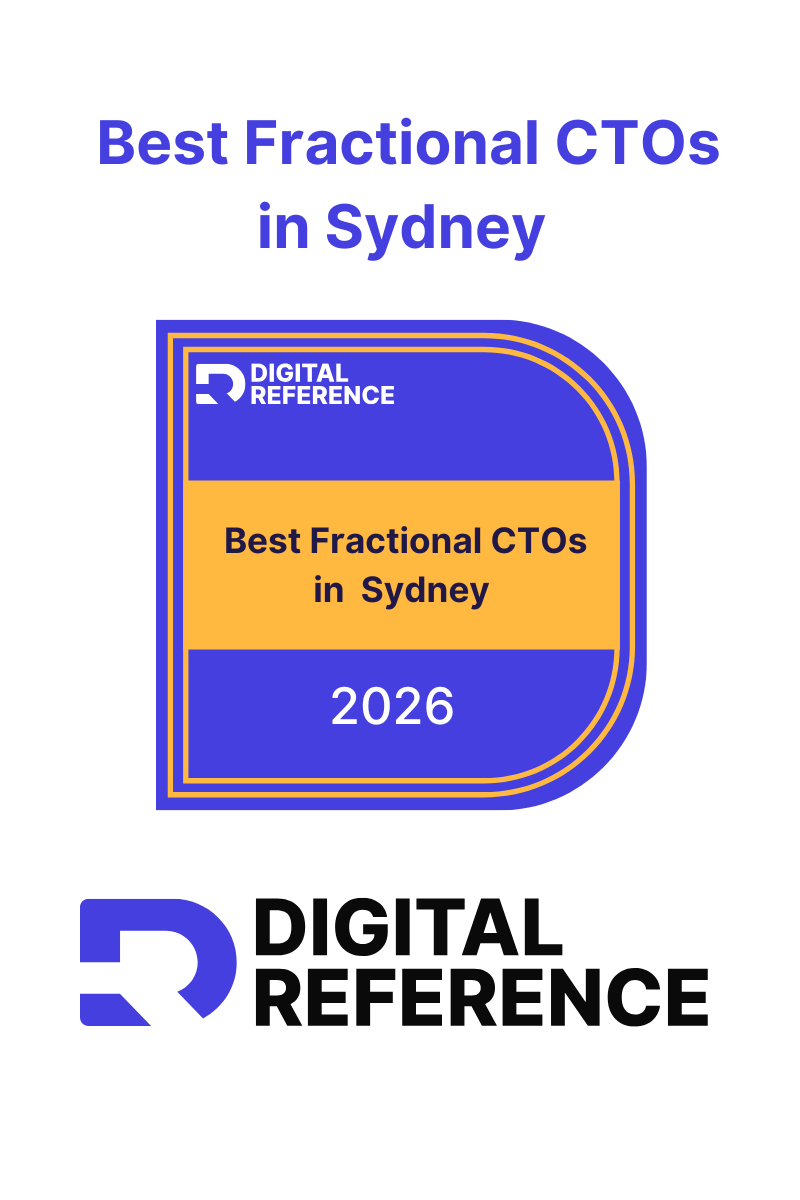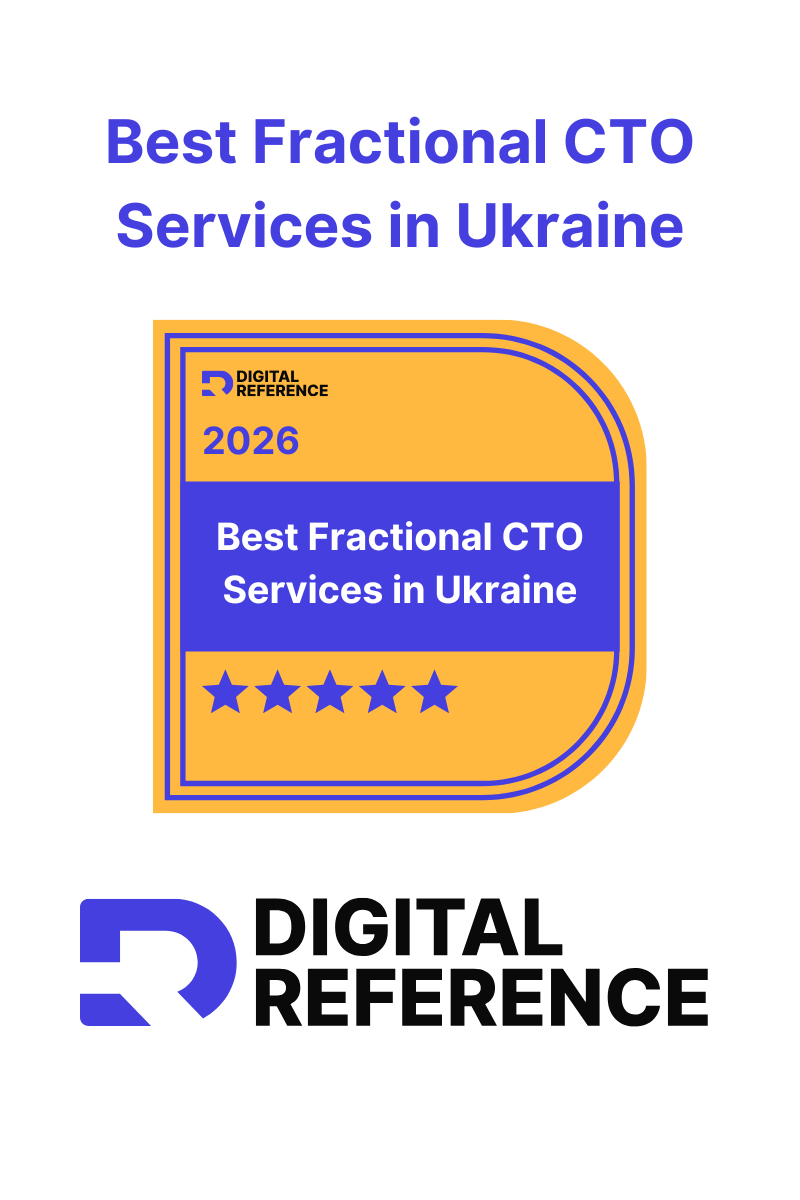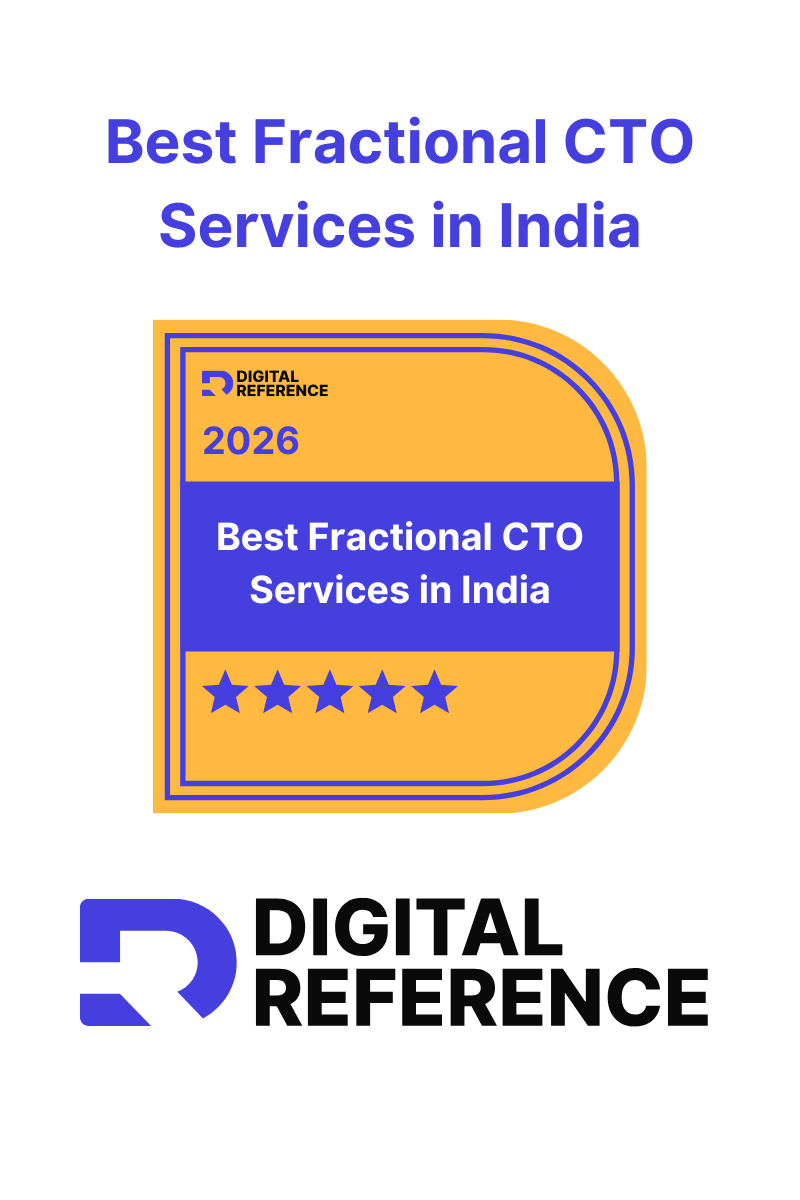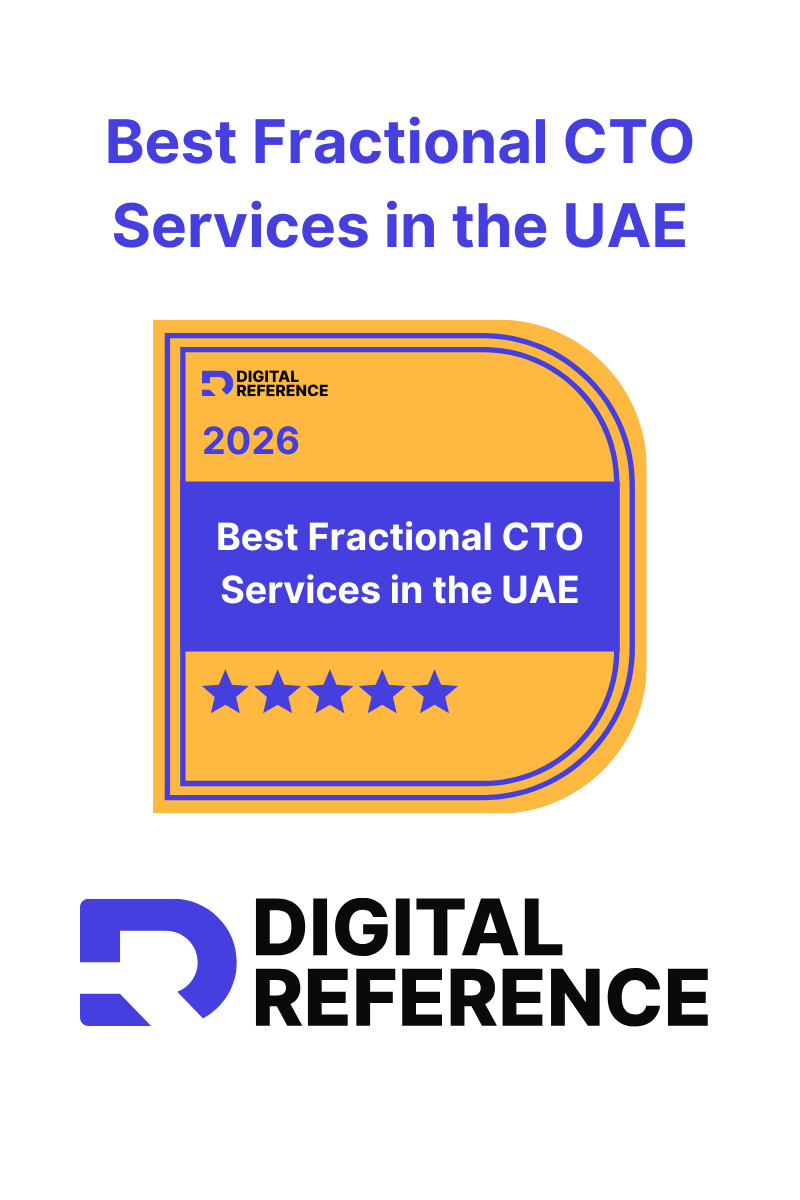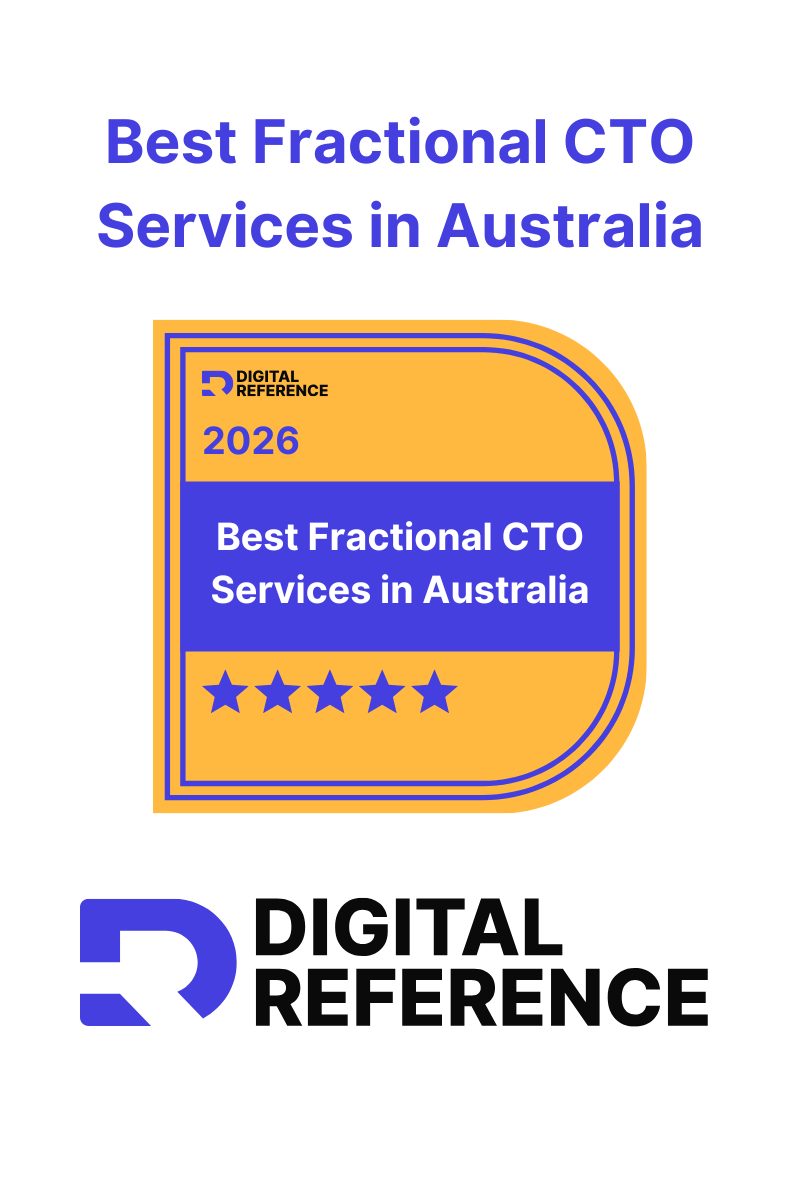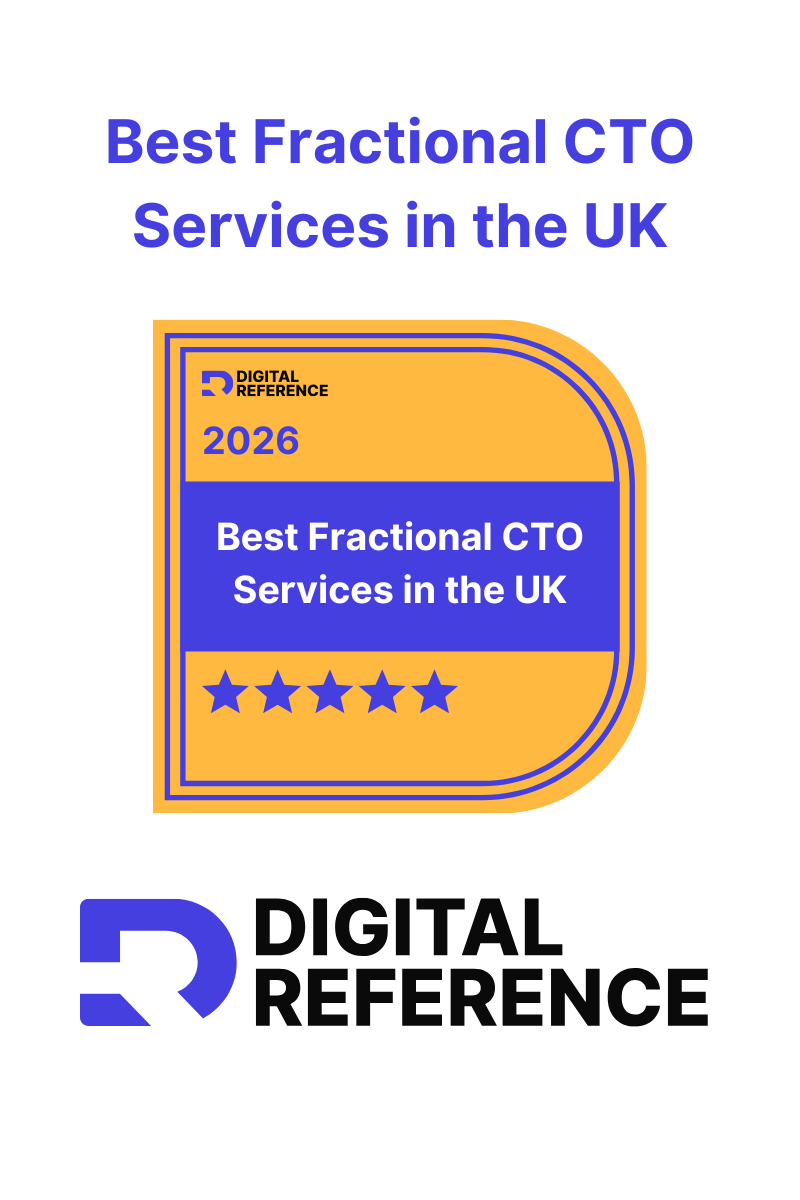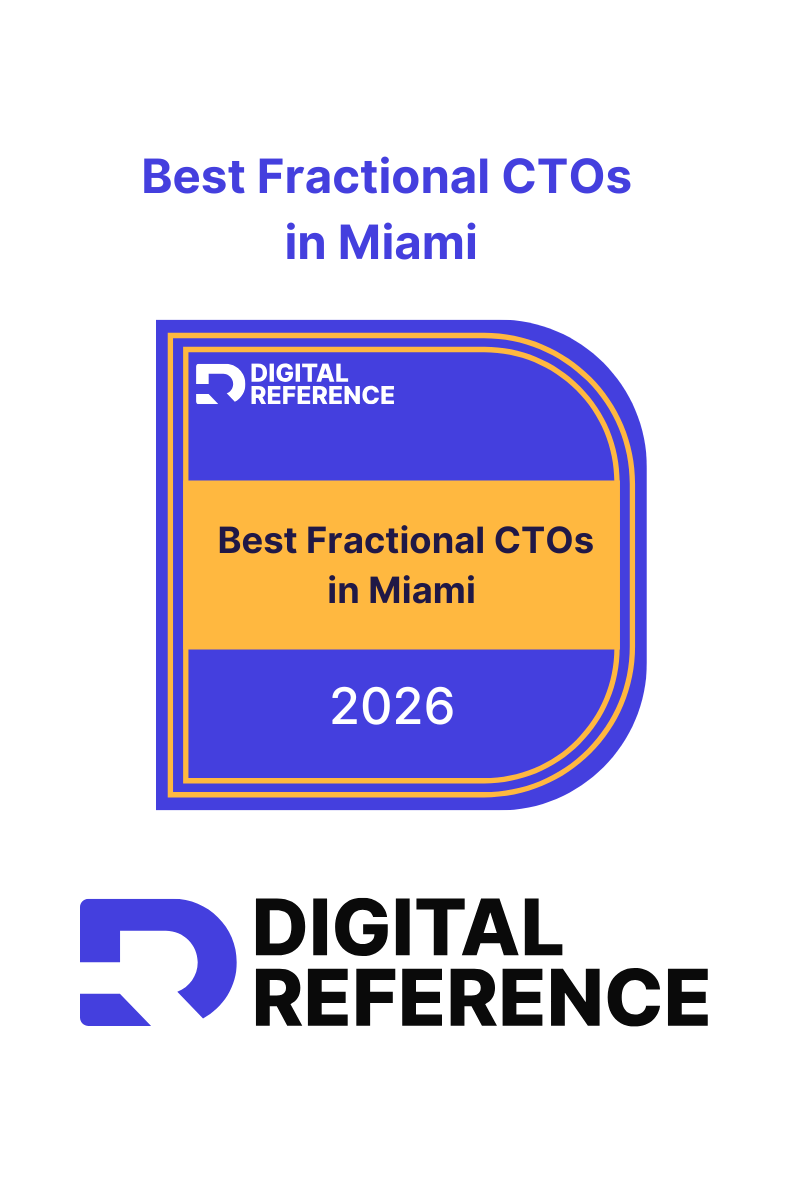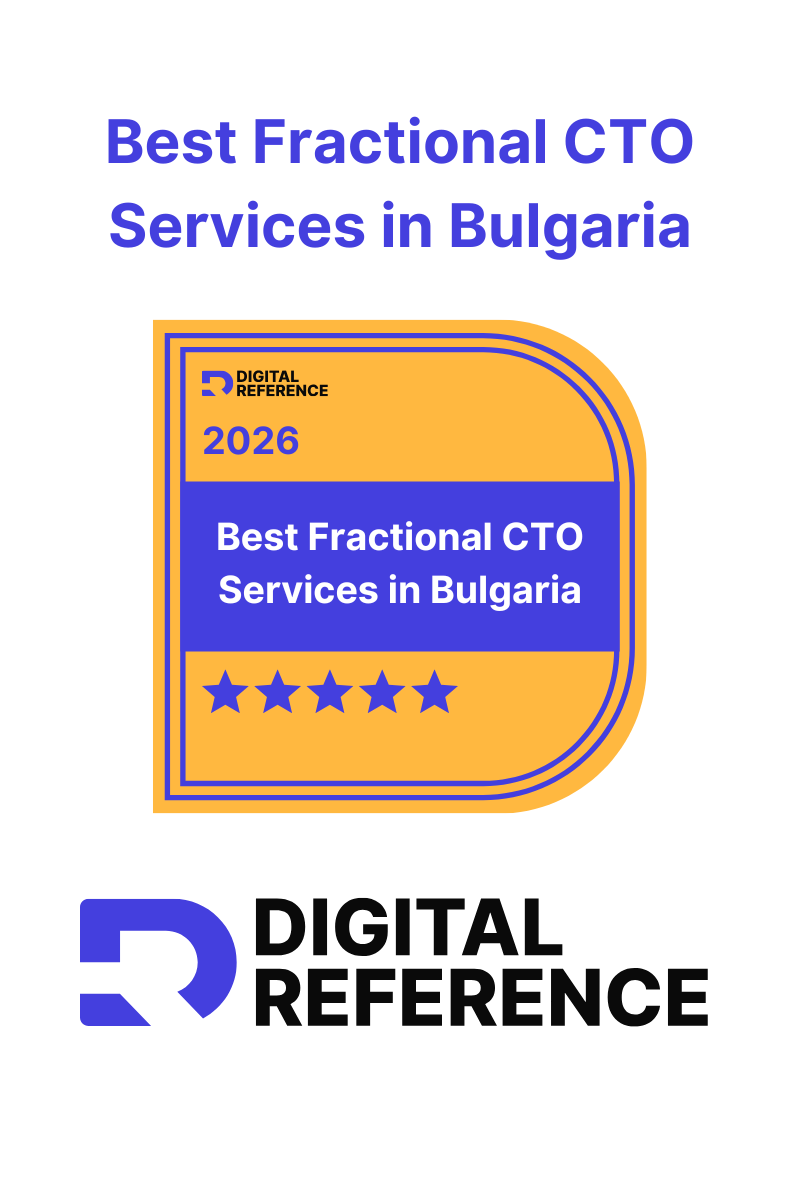Hiring Engineers as a Non-Technical Founder

Hiring Engineers as a Non-Technical Startup Founder
Hiring your first engineers as a non-technical founder can feel like stepping into a foreign language, one with high stakes and no margin for error. In this guide, Fractional CTO James B. Hobbs breaks down what really matters at each stage of building your early technical team, from choosing between a founding engineer or CTO to spotting red flags in interviews and knowing when to bring in outside expertise. Whether you're pre-MVP or preparing to scale, this piece offers practical, no-fluff advice to help you hire with clarity, confidence, and credibility.
- The Digital Reference Team
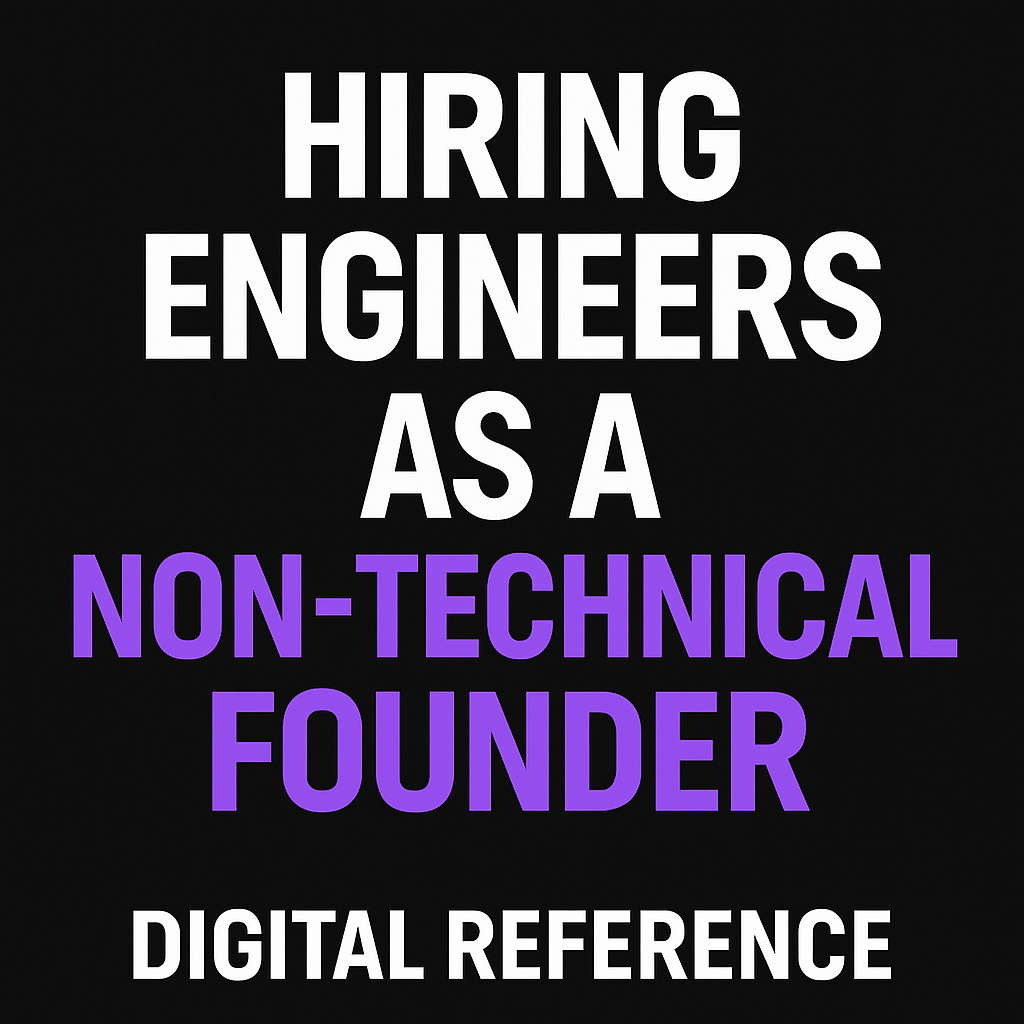
How Non‑Technical Founders Can Successfully Hire Engineers
By James B Hobbs, Digital Reference Expert Contributor
Fractional CTO Focused on Startups, Based in London
“Be Clear on Why You're Hiring Engineering Talent: Define the Technical Stage and Business Outcome
You’re always hiring to take your company to the next commercial stage. That's it. So what is that stage? MVP? Scaling up for more users because your product is slow? Stability through fixing bugs?
Whichever it is, pick one or two goals and hire ruthlessly for the specific skills that move you to that stage: Fast prototyping for an MVP, performance and reliability for scale, or long-term stability for complex systems.
The person who hacks together your MVP is rarely the one who scales it, stabilises it, or maintains it. Don't confuse builders with maintainers.
All About the Person - Hire for Fit and Proven Results, Not Just CV
The CV is less important than fit. Believe your gut. Get references, do a background check, meet in person wherever possible.
These first-stage hires are culture-defining and effectively your partners in business, probably for years to come. A bad early hire is a silent co-founder you'll be cleaning up after for years.
Hire Builders - Prioritise Proven Engineers Over Paper Skills
Whatever you need, hire someone who's done it before, many times. That's the best recipe for success.
You're not hiring skills or luck; you're hiring someone who's already fought and solved the problem you're facing.
Founding Engineer vs Founding CTO?
Most non-technical founders conflate two very different roles: Founding Engineer and Founding CTO. These roles encompass two distinct sets of responsibilities.

Key Differences Every Founder Should Know When Deciding Between Hiring a Founding CTO and a Founding Engineer
What a Founding Engineer Does:
- Executes the vision
- Writes code and ships product
- Moves fast, hands-on builder
- Turns ideas into working software
- Fast thinker, fast coder
- Ultimately, they work with you to get from 0 to 1
- With them you check your idea is sellable and that there’s potential for revenue or value growth
What a Founding CTO Does:
- Sometimes called a Startup CTO
- Sets technical strategy
- Makes architectural decisions
- Builds for scale
- Thinks long-term about system evolution
- Works with you to get far beyond 1, to high revenue, value, and profitability
Most startups don't last long enough for architecture to matter long-term. Not because their tech fails, but because they never reach real product-market fit.
Always sell before you refactor.
You don't need someone thinking about advanced tech when you haven't proven that anyone wants your product.
The Smarter Approach - Combine Founding Engineers with Fractional CTO Support
- Hire 1–2 strong founding engineers who can ship your MVP.
- Bring in a fractional CTO for guidance, starting with a fixed fee for upfront advice to shape your ideas and nail your initial hires. As you grow, scale to ongoing engagement (typically 1–3 days per week).
- A fractional CTO speaks your language while your engineers speak code. They cut through jargon and tell you what’s needed and when. For example, they help you define the problems, identify hiring needs, bring in the right people, set up adequate architecture for today, and avoid costly mistakes while acting as a quality check on your engineers’ work.
- As you scale (Series A+), hire a full-time CTO. You'll rarely promote your founding engineer into this management-focused role.
This gives you senior technical leadership without the cost or commitment of a full-time executive hire.
When you hit product-market fit and need to scale fast, you'll already know whether your foundation can handle growth, because you had external oversight from the start.
Use a Fractional CTO to Bridge the Gap Between Founders and Engineers
Every early-stage job posting asks for a full stack engineer. It sounds efficient, one person who can do everything. In reality, "full stack" at the early stage usually means mediocre at everything.
At the same time, hiring several specialists without senior oversight gives you a jumble of conflicting technical opinions you can't reconcile.
Hire For Your Biggest Technical Risk, Not Full Stack
You need to define your biggest technical risk - slow load times affecting conversions, databases that collapse under load, or unreliable deployments that break production. Then hire someone who's solved that specific problem before. If the challenge is diagnosing what the core problem even is, get a fractional startup CTO to help. Often, the real issue is the skill level of your current team.
Early on, you need someone who's solved your specific problem before. And at this stage, that usually means getting something out to market and seeing if anyone buys.
You Can't Evaluate What You Don't Understand
Non-technical founders face an impossible challenge: how do you assess technical quality when you can't read code or evaluate architectural decisions? You can't, and that's fine. But you need to acknowledge it and get help.
The best case is referrals from other founders who've already gone from 0 to 1 with engineers who later moved on as the startup scaled.
If you have these recommendations, hire fast. Founding engineers with a track record of success and strong references are gold dust.
Most likely, you'll need to engage someone technical to help you evaluate candidates. It's worth the expense.
It's cheaper to rent technical judgment early than to pay for it later in delayed deadlines and major rewrites.
Red Flags When Interviewing Engineers: Avoiding ‘Snake Oil’ Candidates
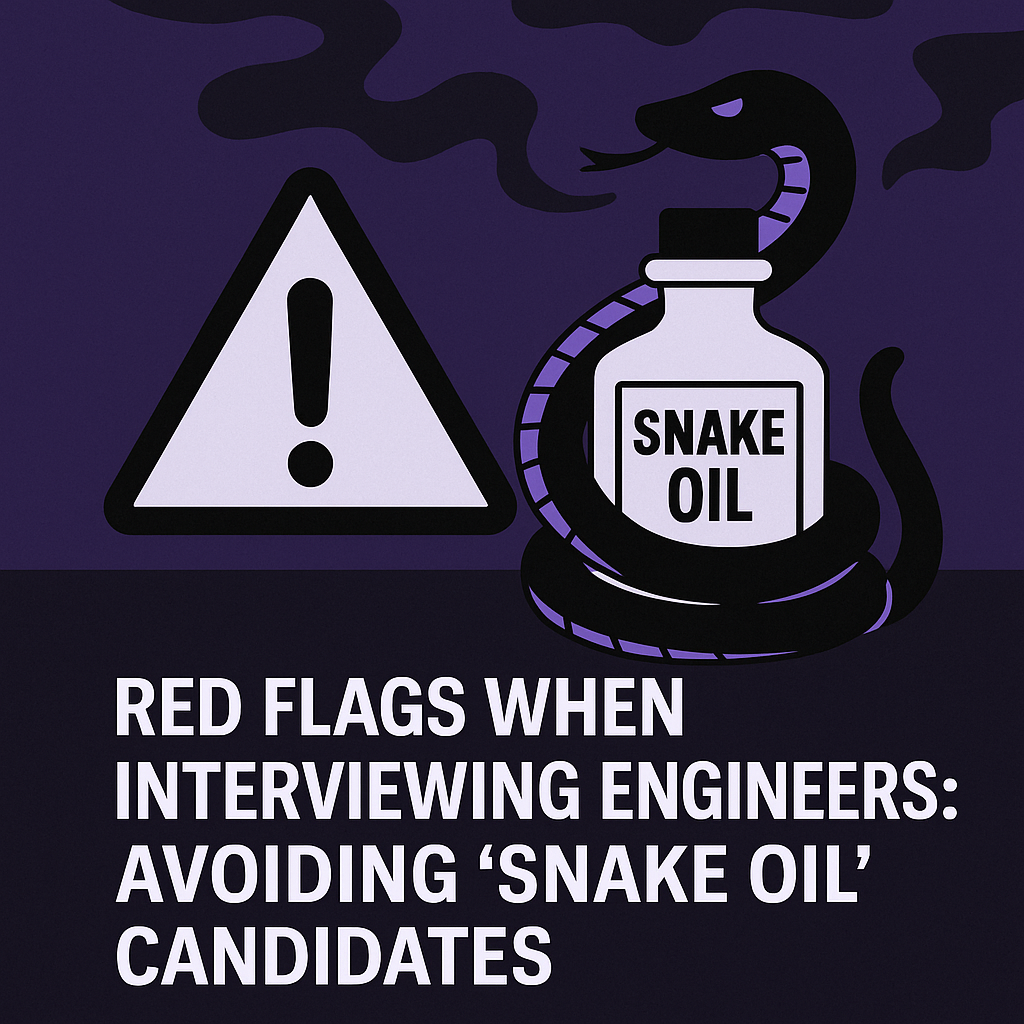
- Buzzwords without explaining trade-offs ("We'll use microservices and event-driven architecture")
- Can't articulate why they'd choose one approach over another
- Don't ask questions about your business goals or users
- Promise everything will be "scalable" and "fast" without defining what that means for your actual usage
- Talking about advanced tools or practises before understanding your use case ("We need Terraform" before you have any users)
Bring in Technical Advisors or Fractional CTOs Early
- Get a technical advisor or fractional CTO involved in your first 2–3 hires
- They help you decide who’s needed and write job specs that attract the right people
- They evaluate candidates' technical depth
- They set initial technical direction
- They ask the questions you don't know to ask
The Real Cost of a Bad Technical Hire
- 3–6 months lost to the wrong hire while your competitors ship
- Complete rewrites when code can't scale
- Damaged morale when the "senior engineer" turns out to be junior
- Or worse, your Founding CTO refuses to relinquish the title as you grow
- Technical debt that costs you your next funding round
Build the Right Technical Foundation for Long‑Term Growth
Your first engineering hires set the trajectory for your entire technical culture.
Stage‑Based Engineer Hiring Roadmap for Founders
The smartest founders think in stages:
- Validate your idea. For example, use YC Startup School resources and customer discovery. Don't hire until you know what you're building.
- Hire founding engineers. Look for specialists who've solved your biggest deliverable before and taken a product directly to market from nothing.
- Bring in fractional CTO expertise. For strategy, hiring, and architecture. They act as both advisor and quality check, ensuring you build on solid foundations while keeping flexibility to pivot.
- Scale to full-time technical leadership. Usually around Series A, when you're managing a larger team and more complex systems.
Get the foundation right, and you build systems that scale.
Closing Words: The People Behind the System Matter
Your system isn't just your architecture, data, and code: it's mostly the people you work with and the work they do.
If you’d like to work with me, you can find me here: https://www.jamesbhobbs.com/
© James Hobbs 2025
------------------------------------------------------------------------------------------------
Author Bio – James B. Hobbs, MSc CEng FBCS – Digital Reference Expert Contributor
James B. Hobbs is a London-based Fractional CTO who helps non-technical founders build and scale digital products from zero to one—and beyond. With a background in software engineering leadership, venture-backed startups, and early-stage product development, James brings clarity to the chaos of startup tech. He specializes in defining technical strategy, hiring founding engineers, and ensuring early architecture choices can support long-term growth.
James is a member of the Digital Reference Expert Contributor Network, where he shares hard-earned insights on building early engineering teams, hiring with credibility, and setting scalable technical foundations for startups.

Find James B. Hobbs Featured in:
- Digital Reference’s Spotlight of: Best Fractional CTOs in London
- Digital Reference’s Spotlight of: Best Fractional CTOs for Startups
Subscribe to our newsletter
We'd love to have you follow our journey, learn about to new features and functionality, and get access to talent ecosystem news.

.jpeg)
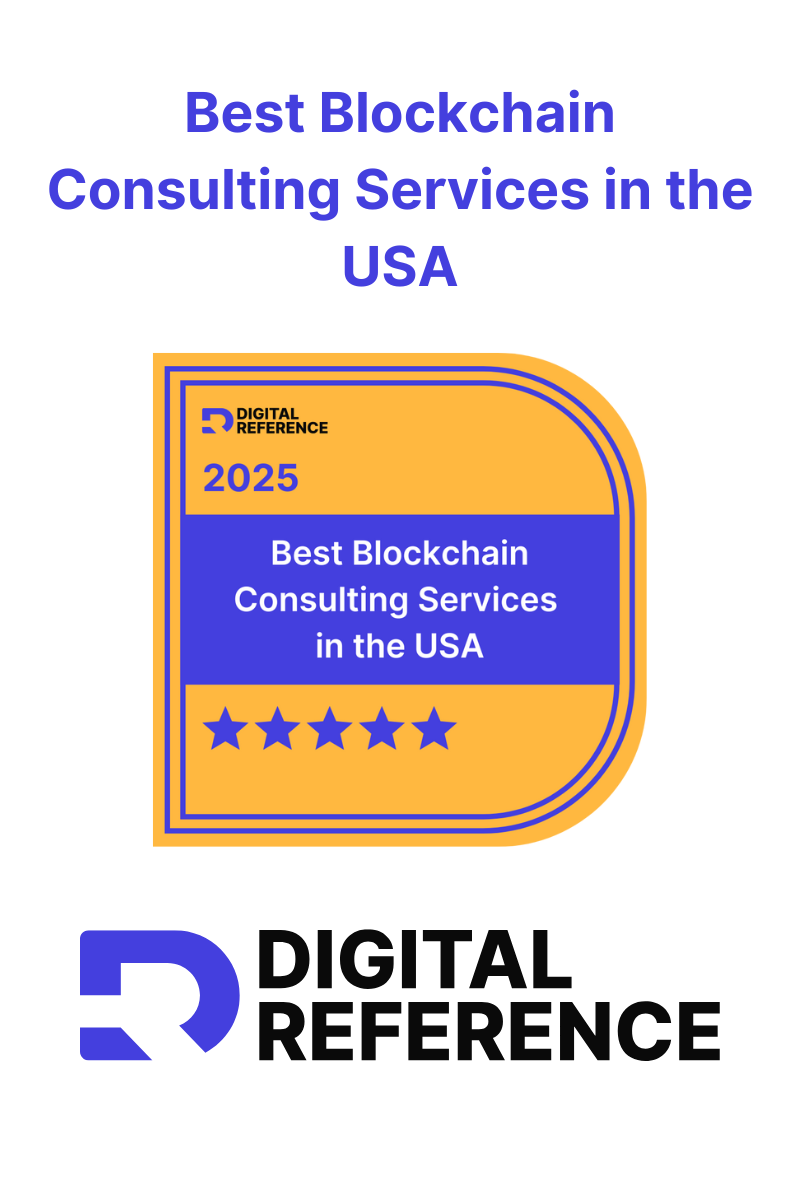


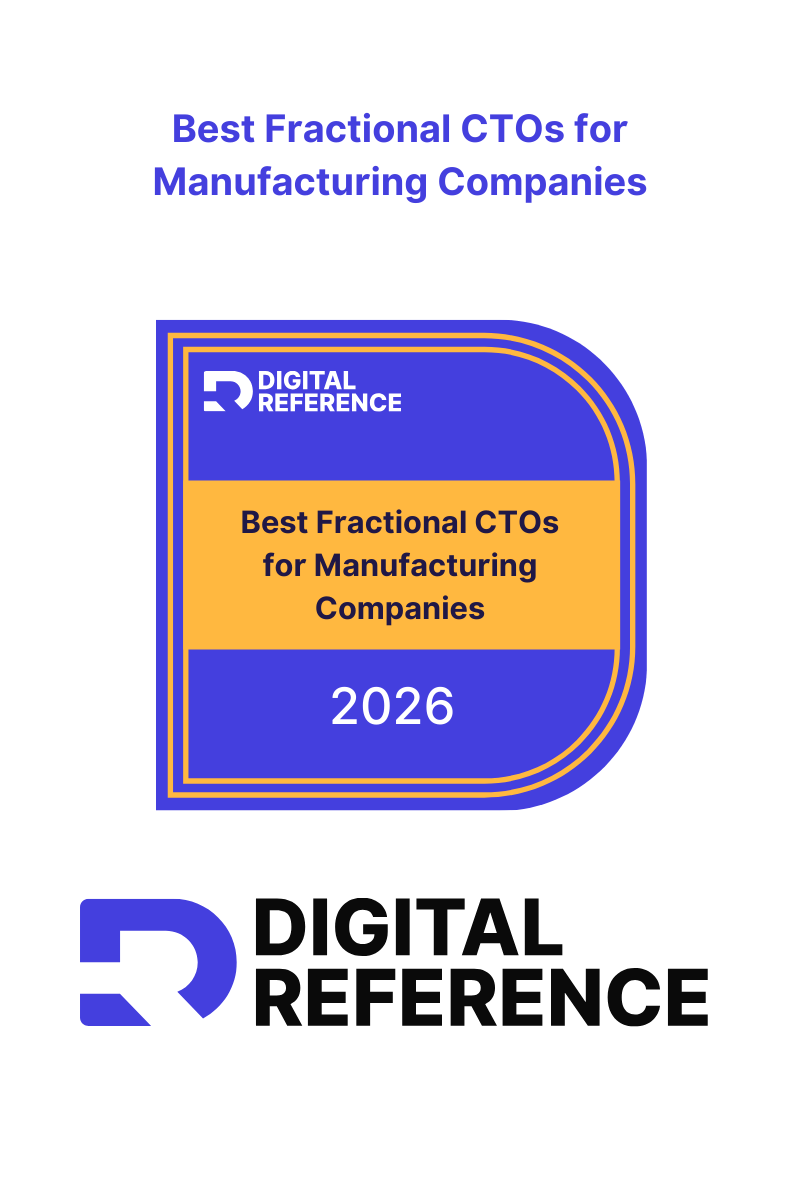

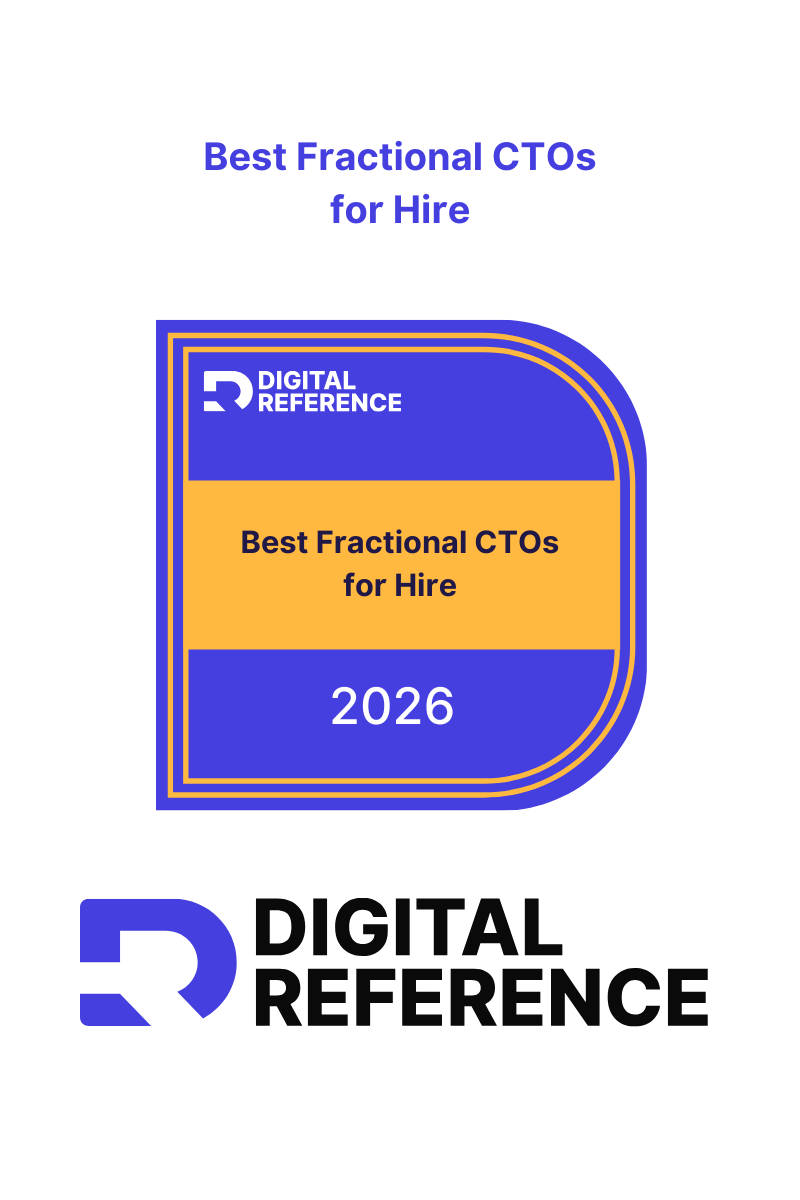

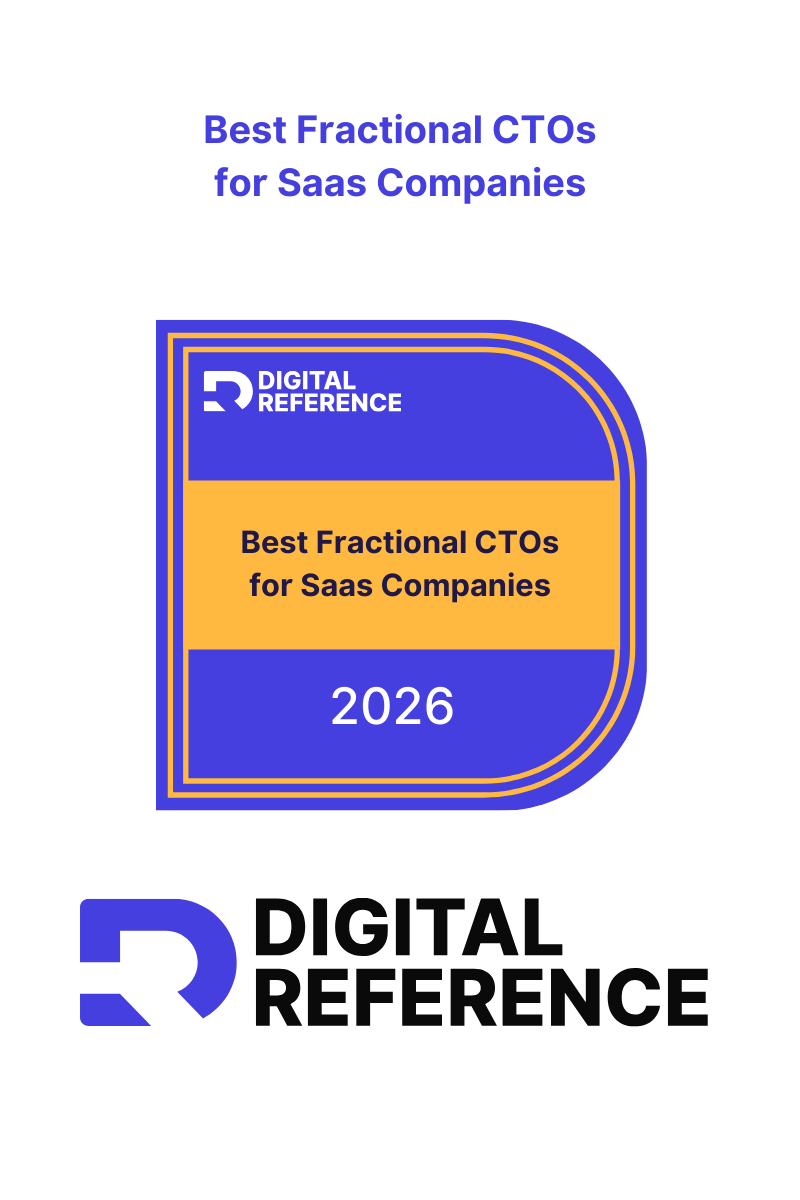
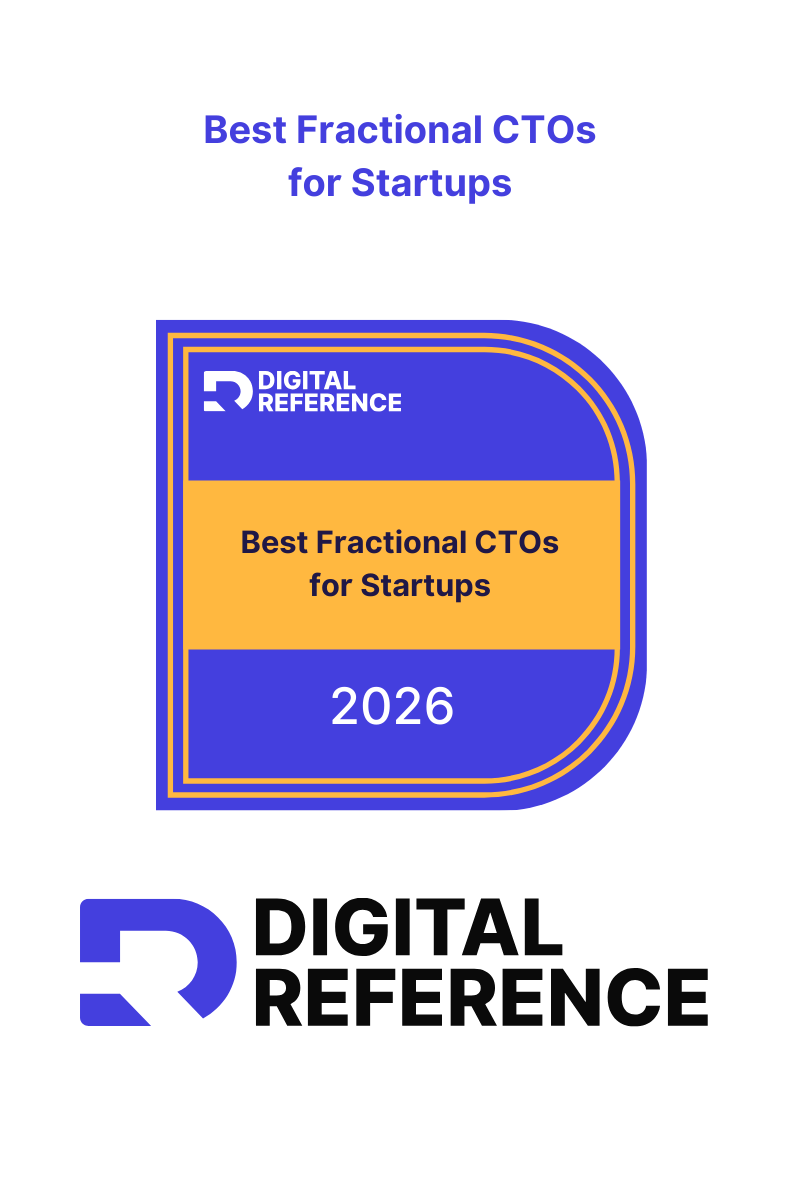
.png)
.png)
.png)
.png)
.png)
.png)
.png)
.png)
.png)
.png)
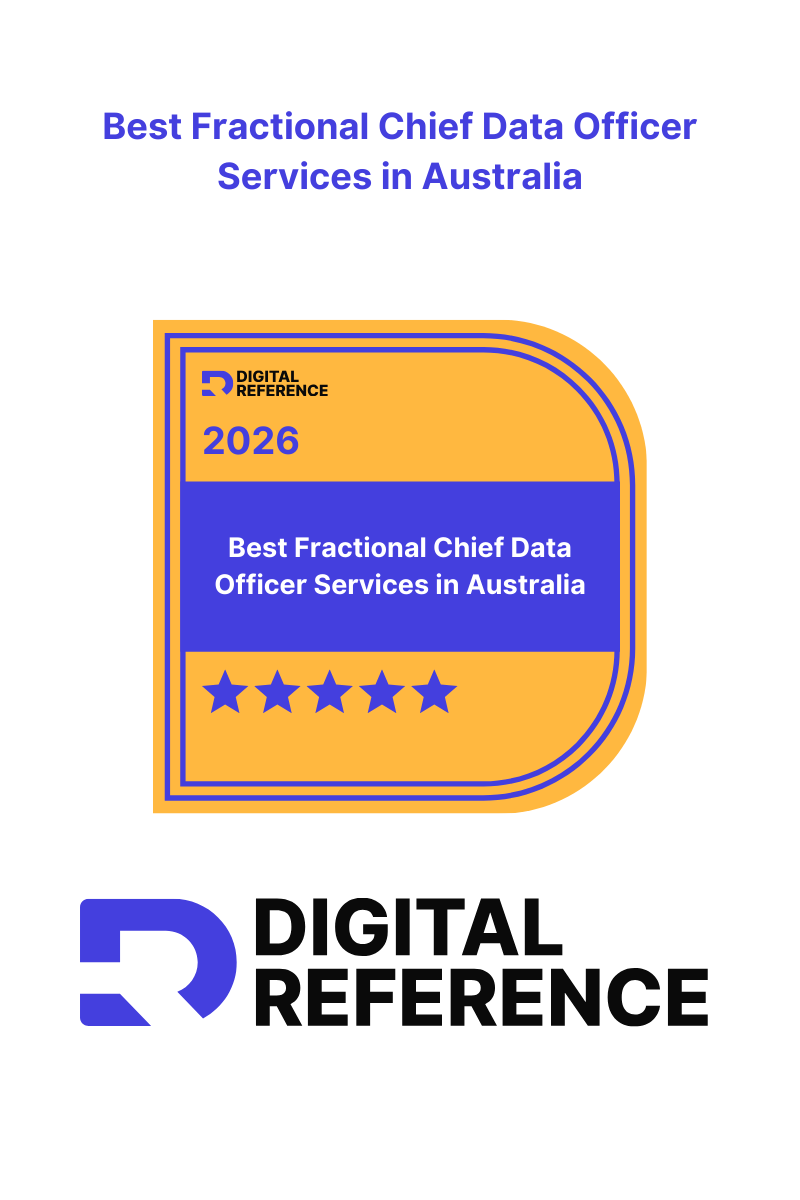


.png)
.png)
.png)
.png)
.png)
.png)
.png)
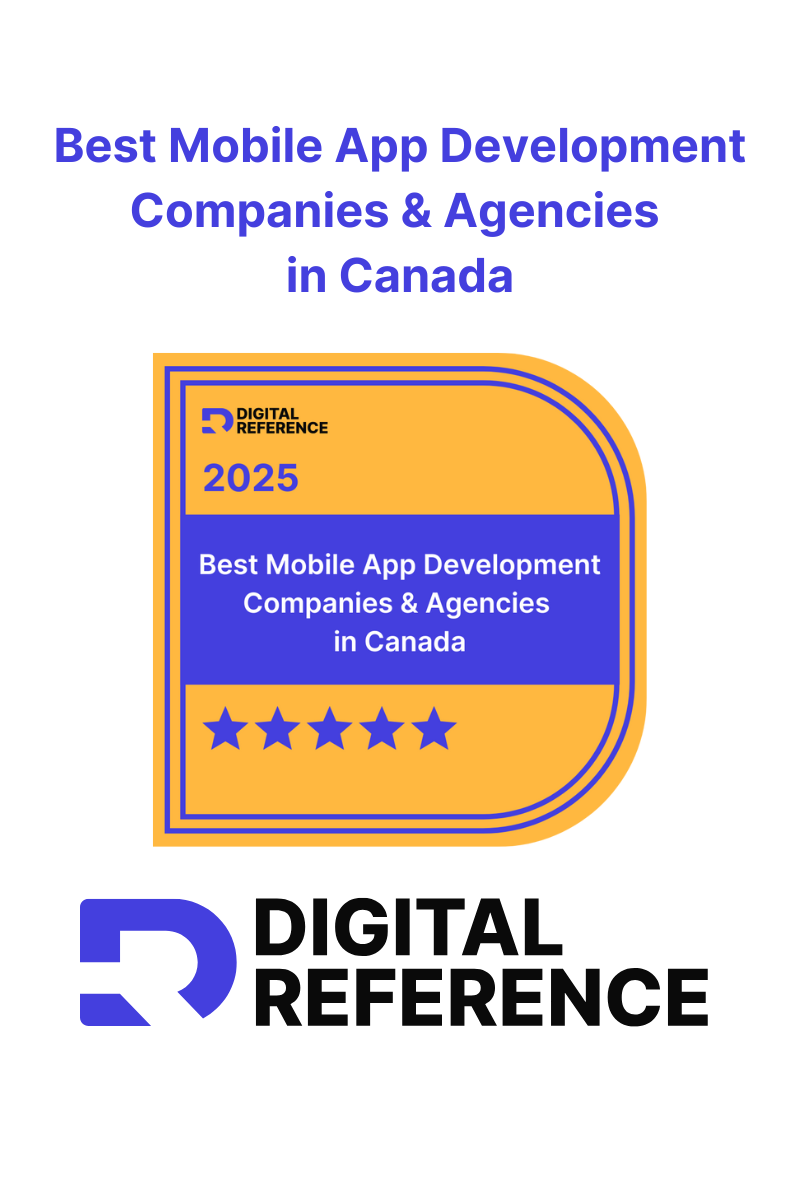
.png)










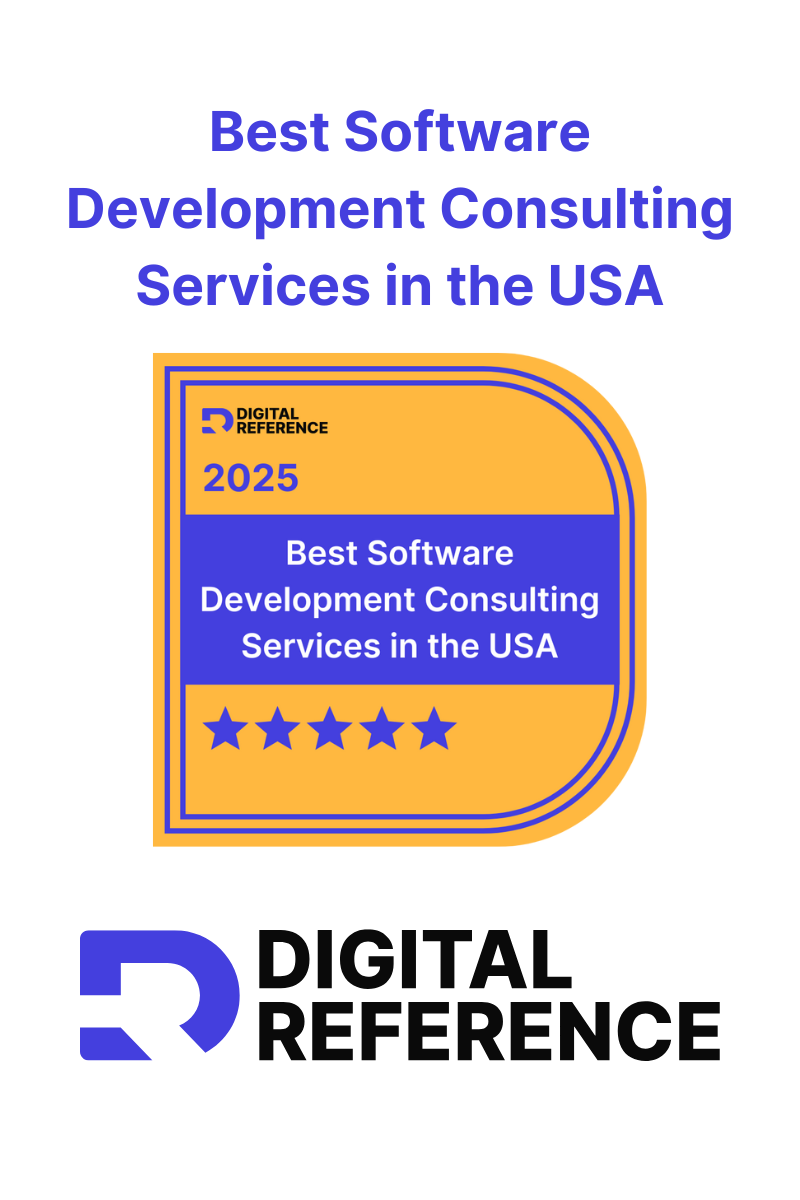


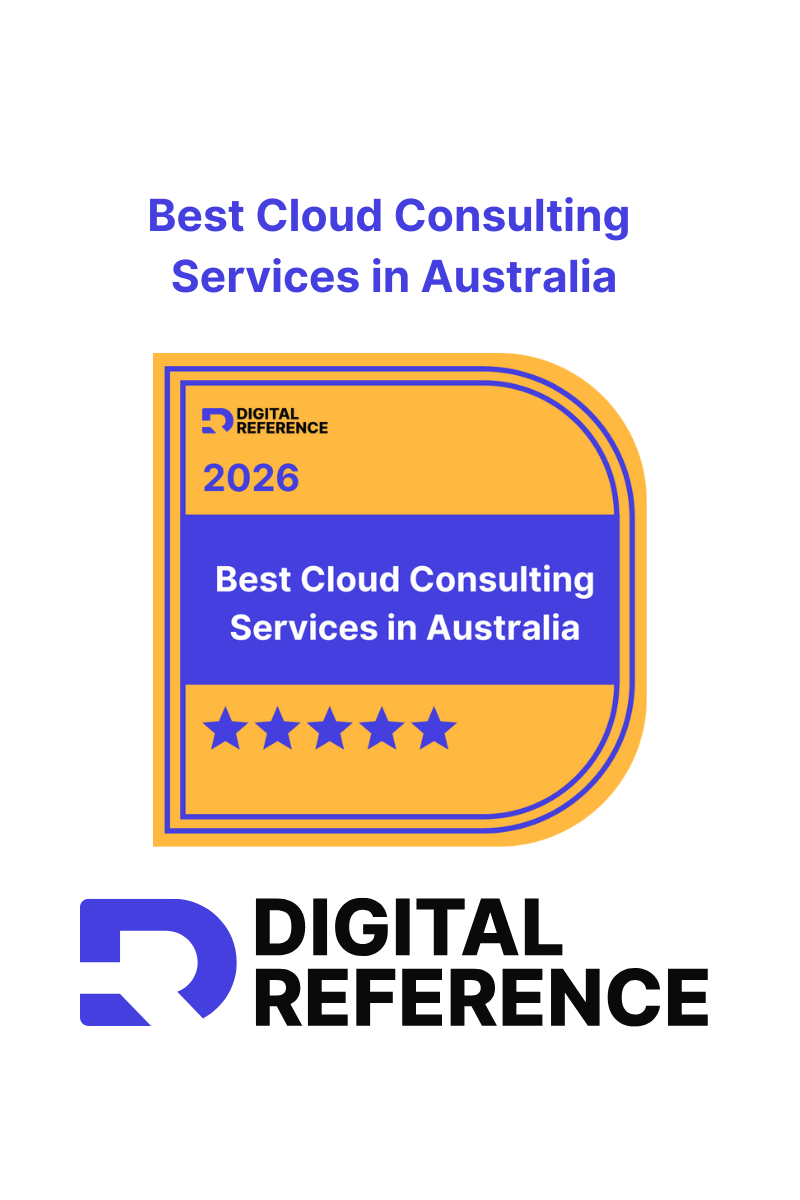



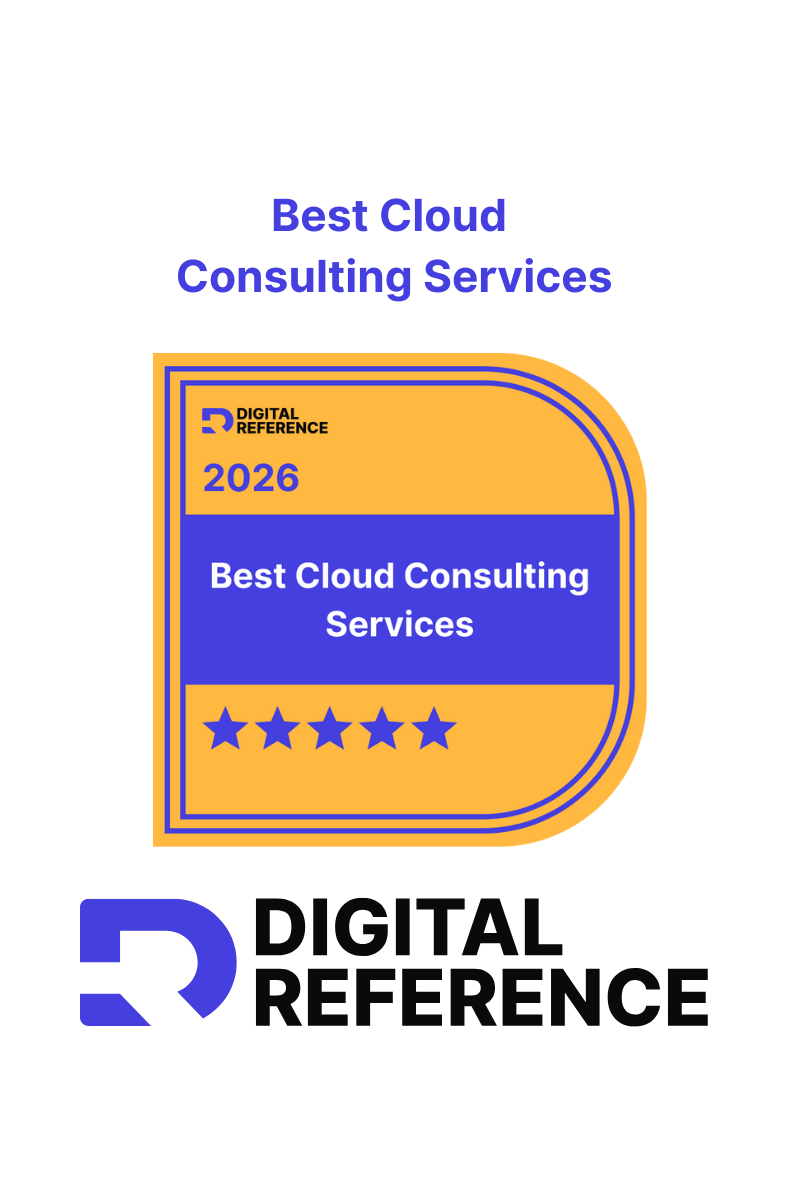
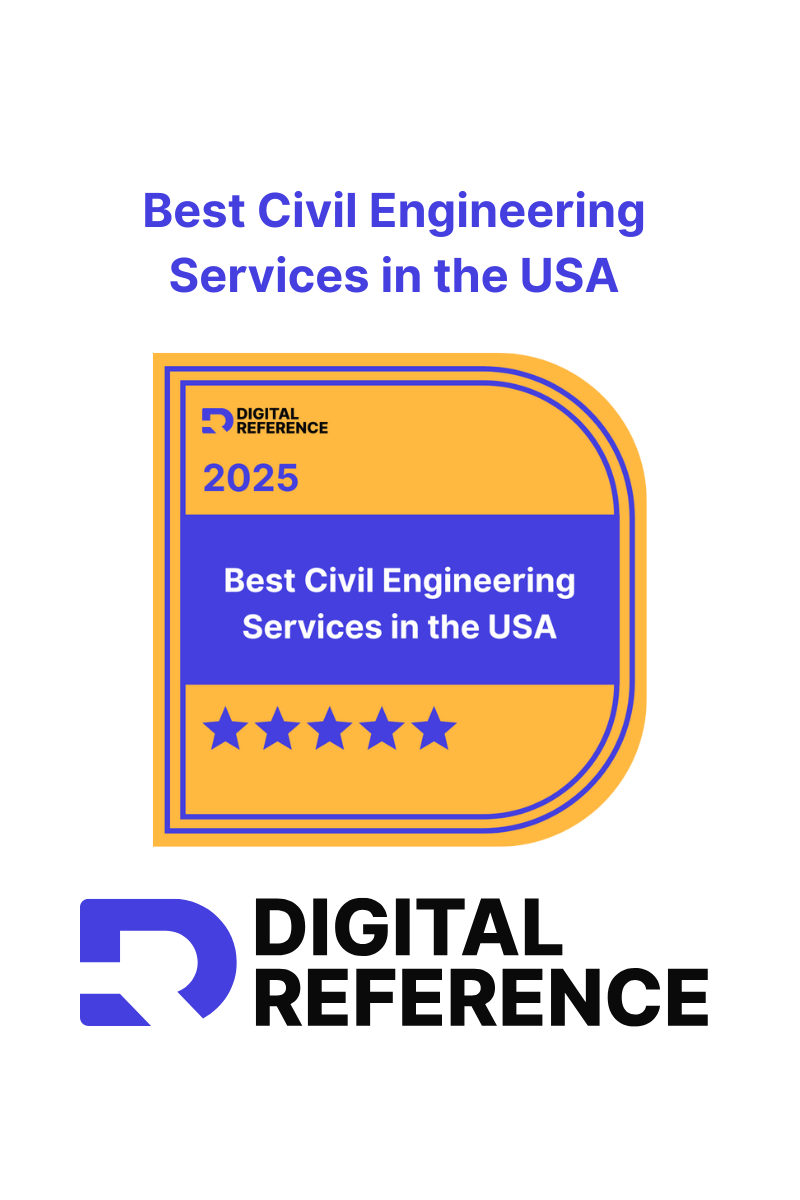

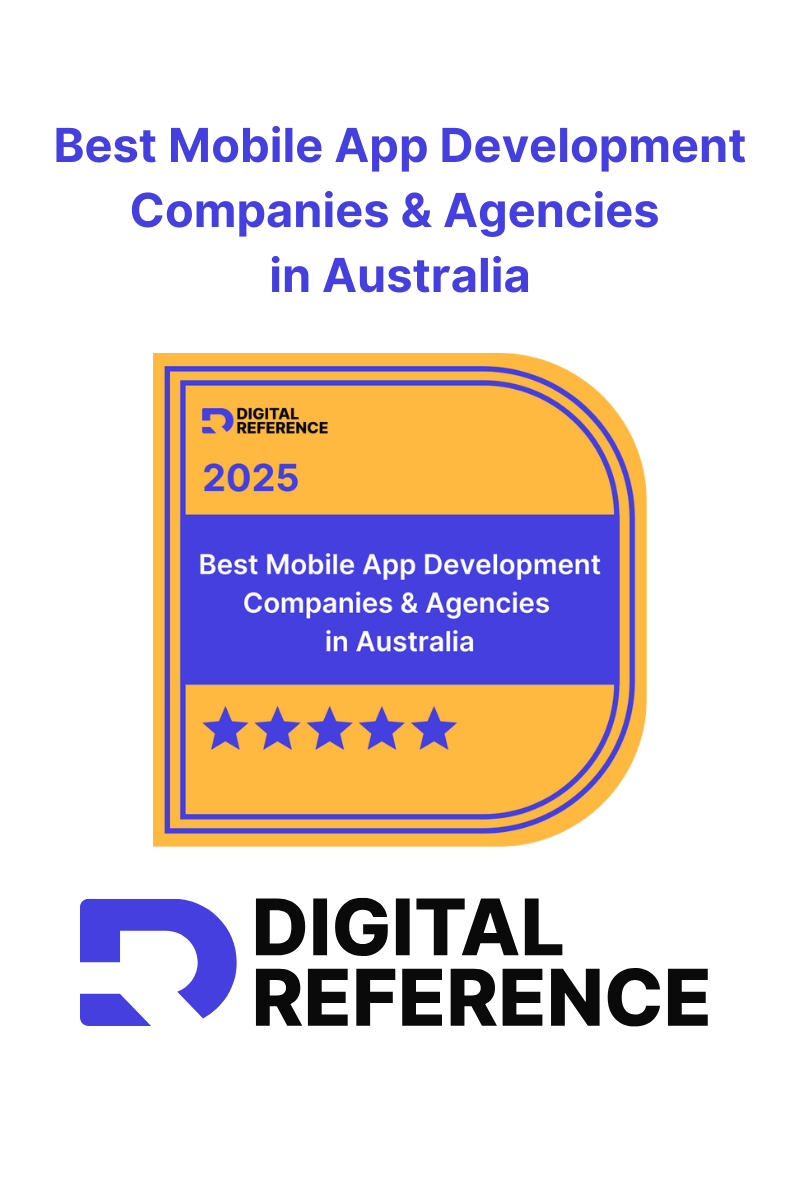
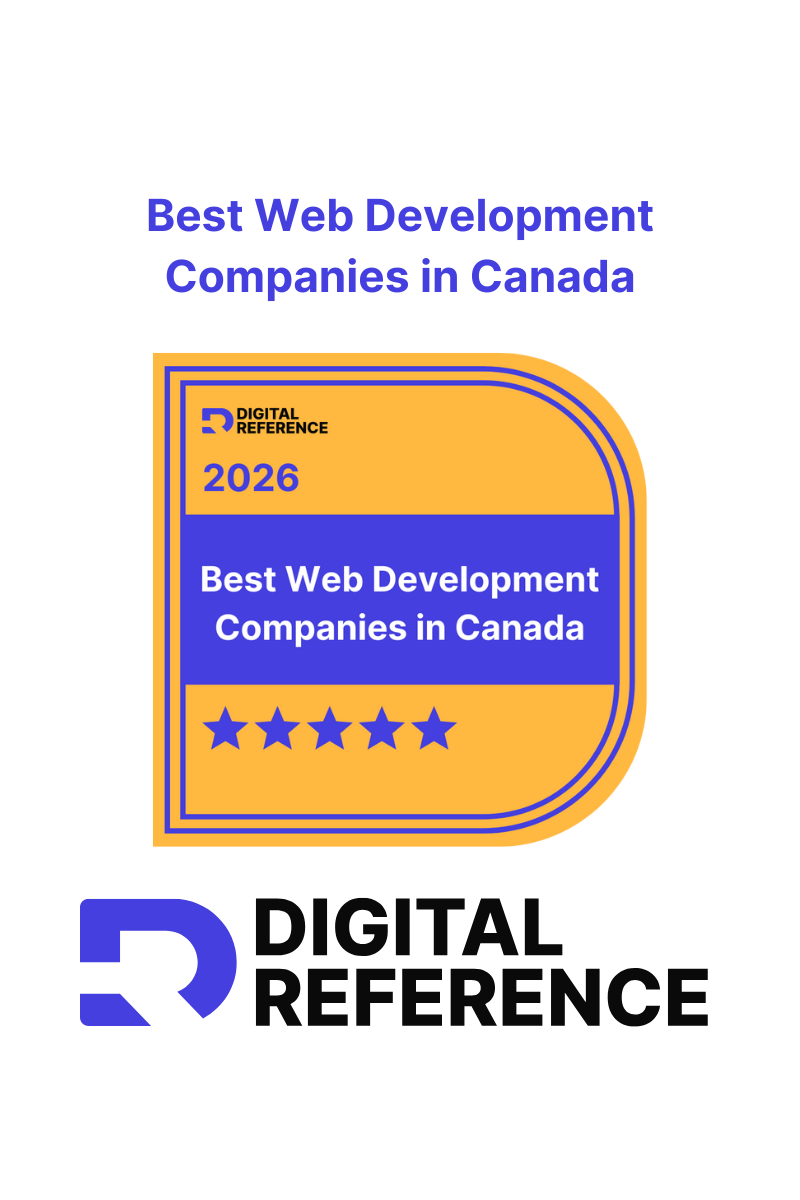
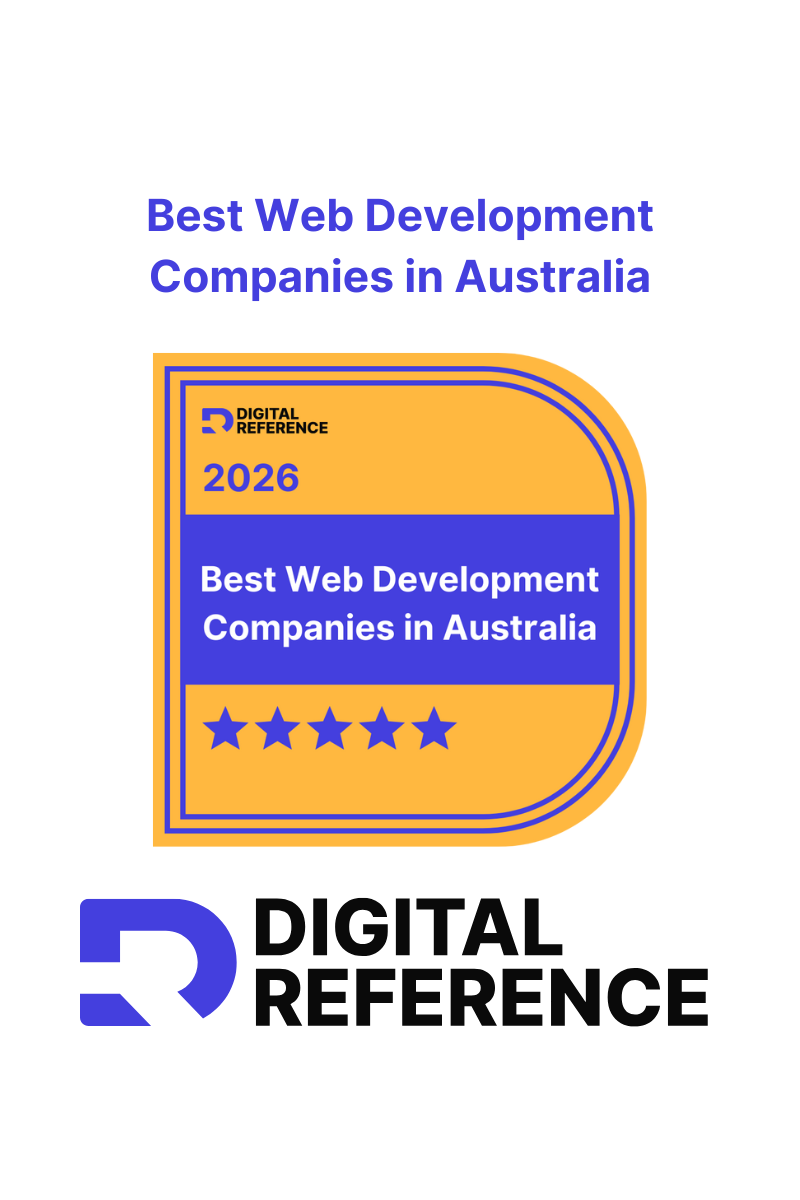
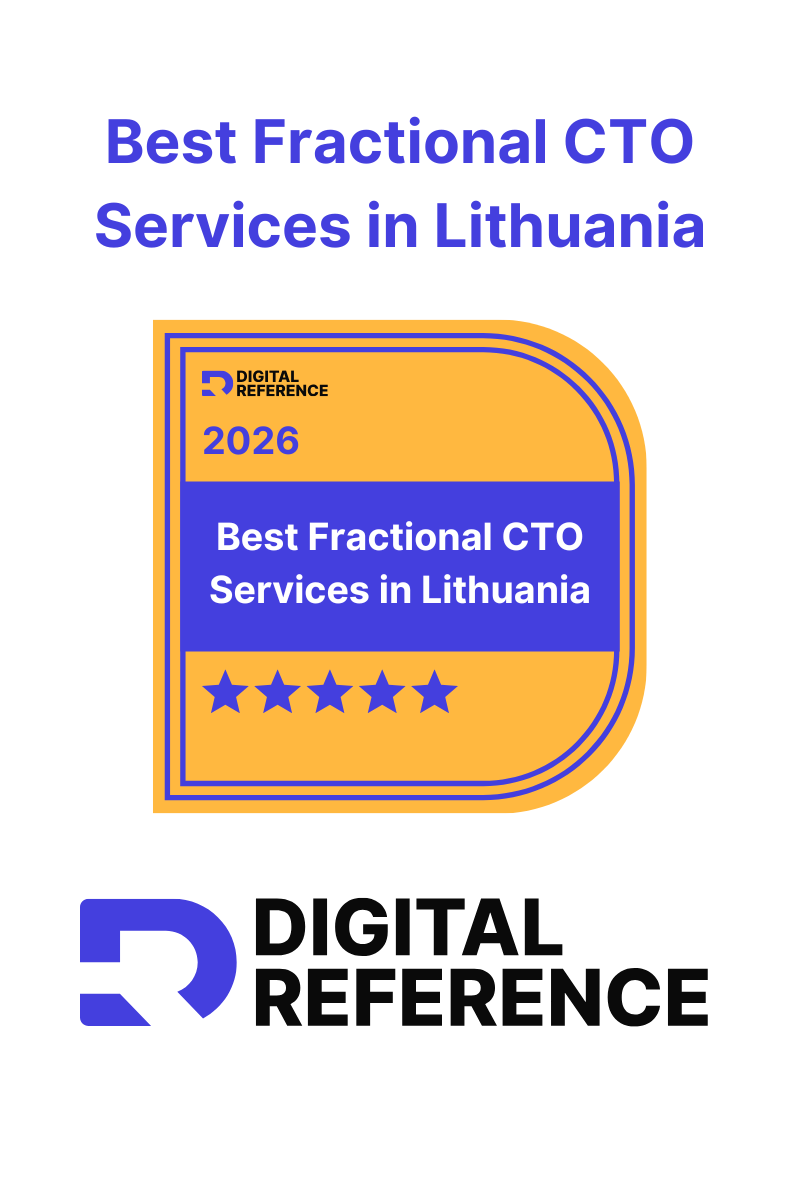
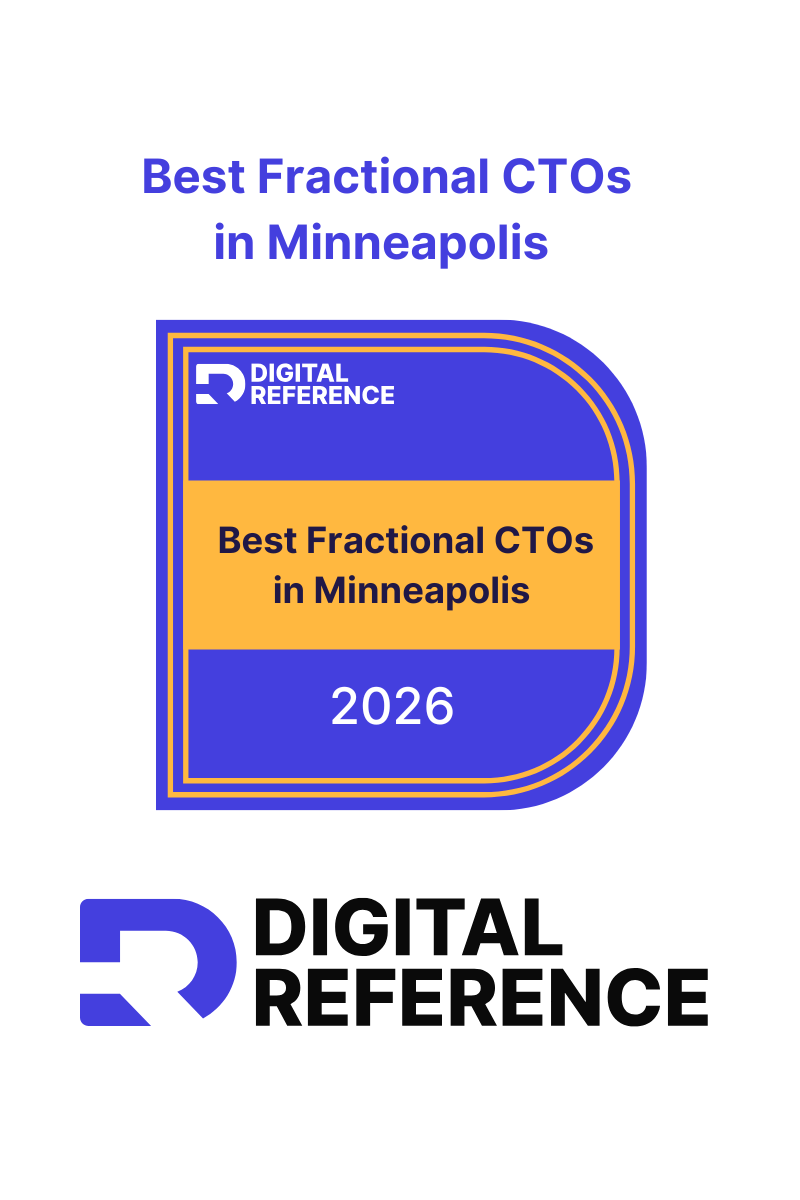
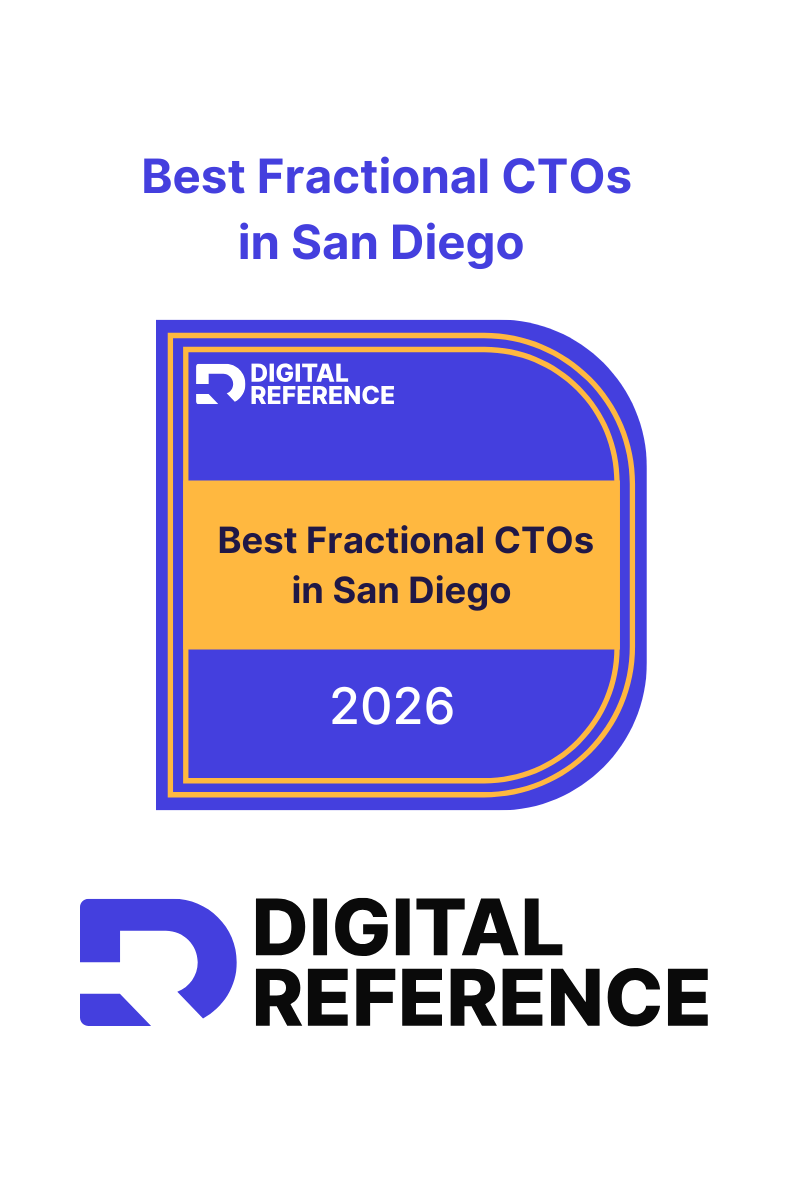
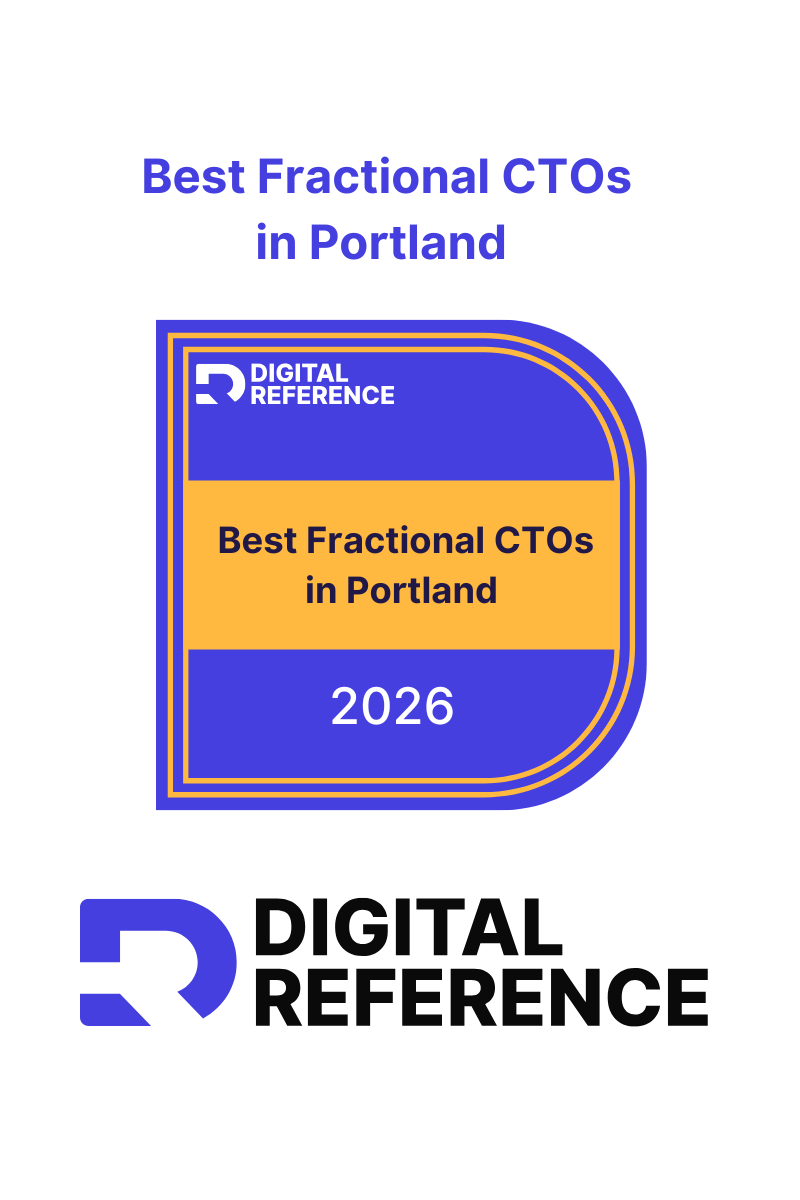
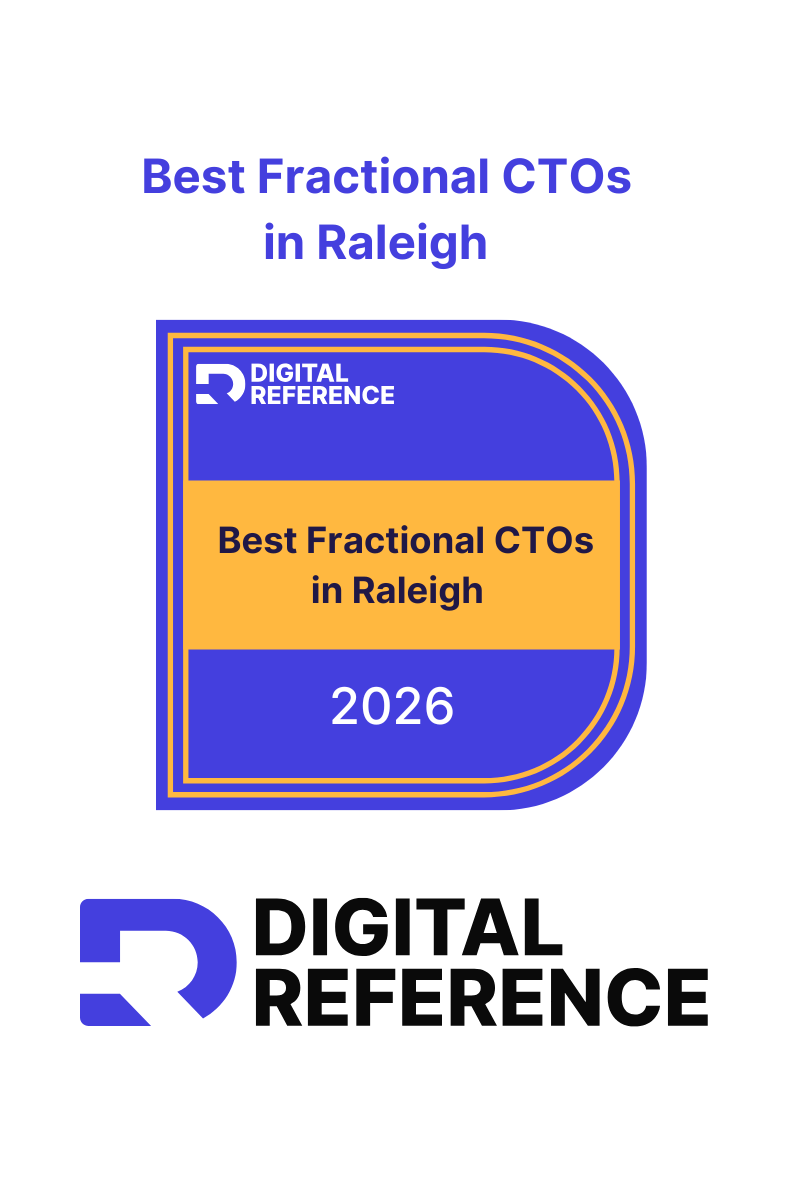


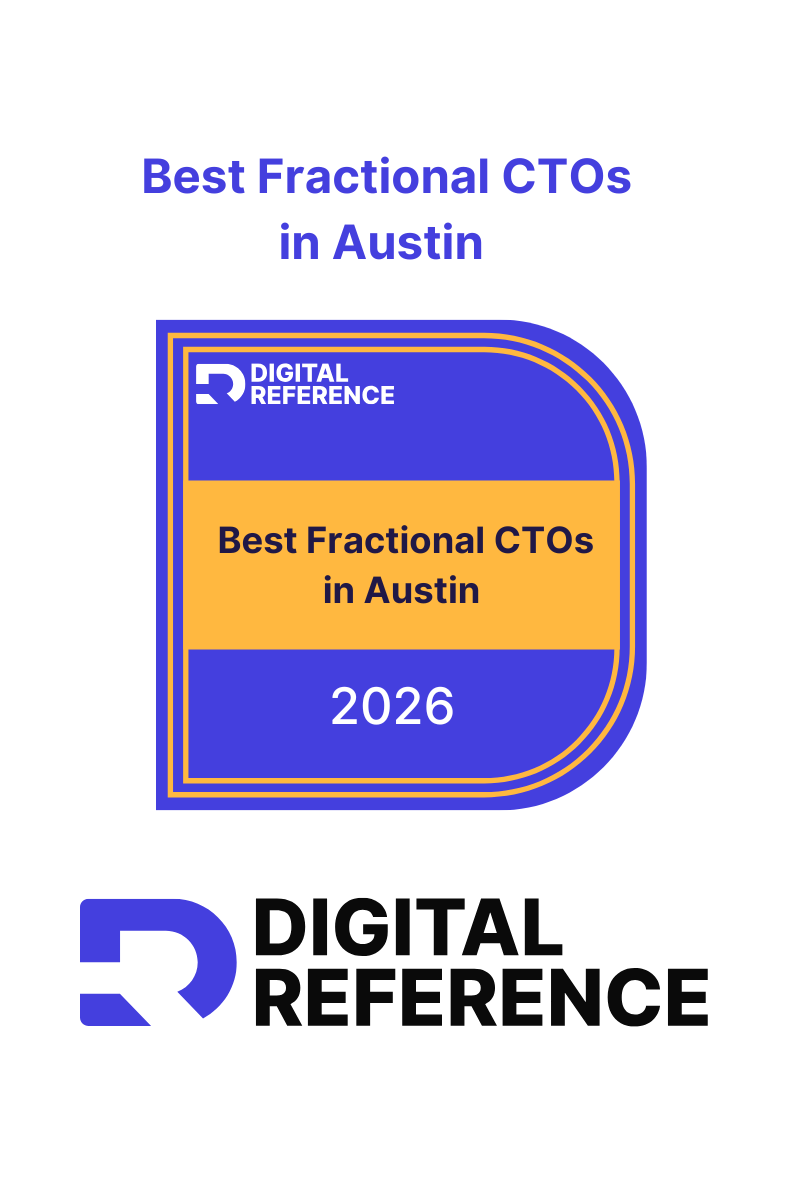
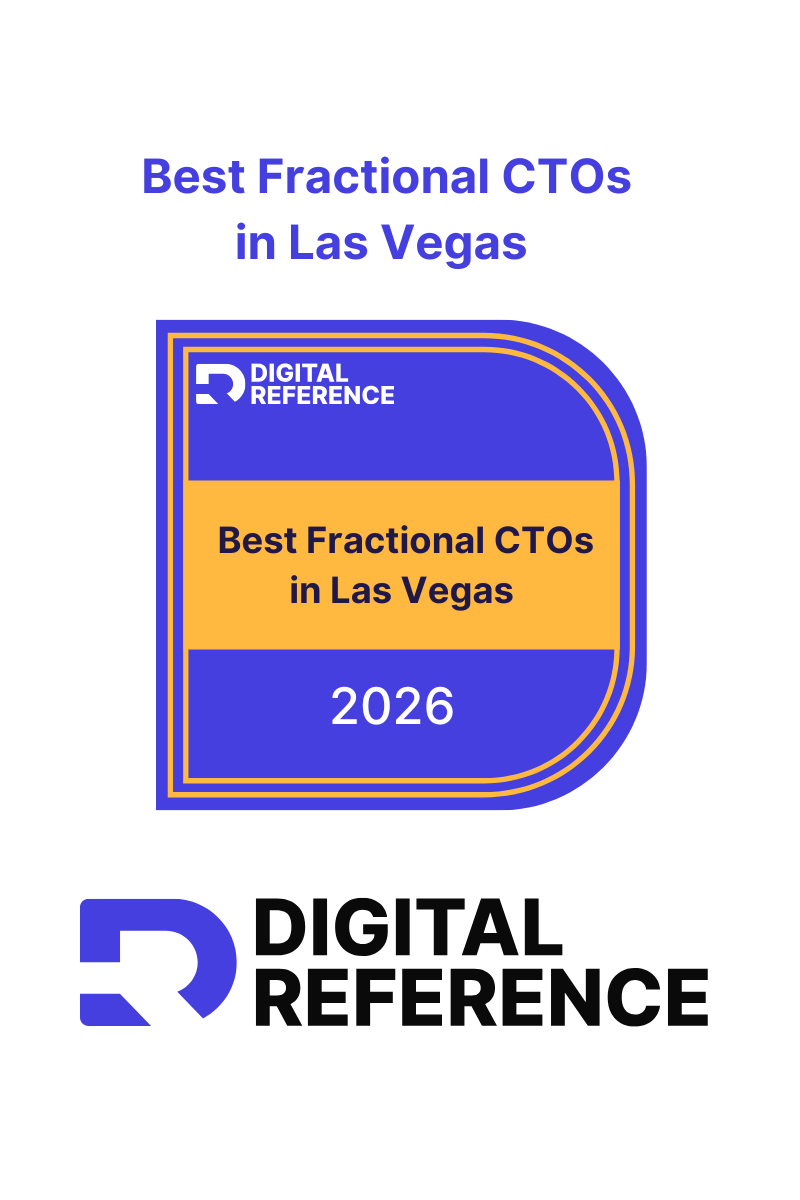
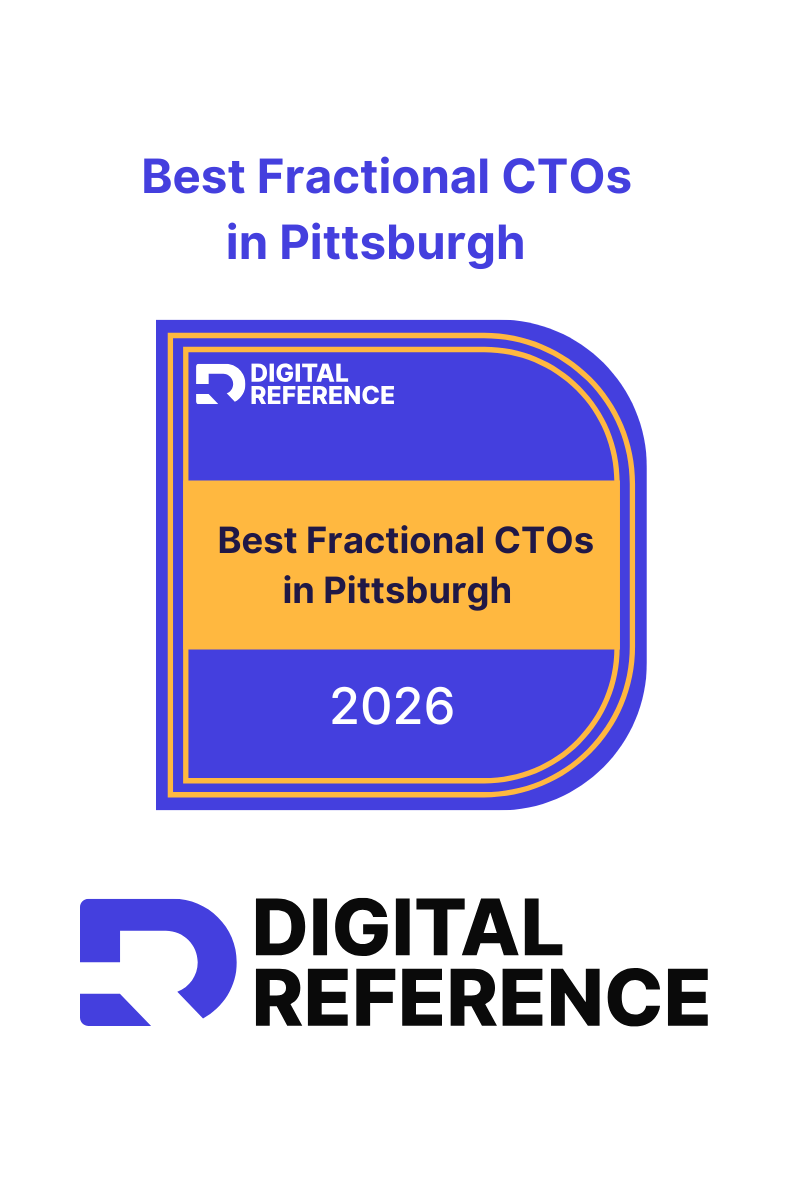
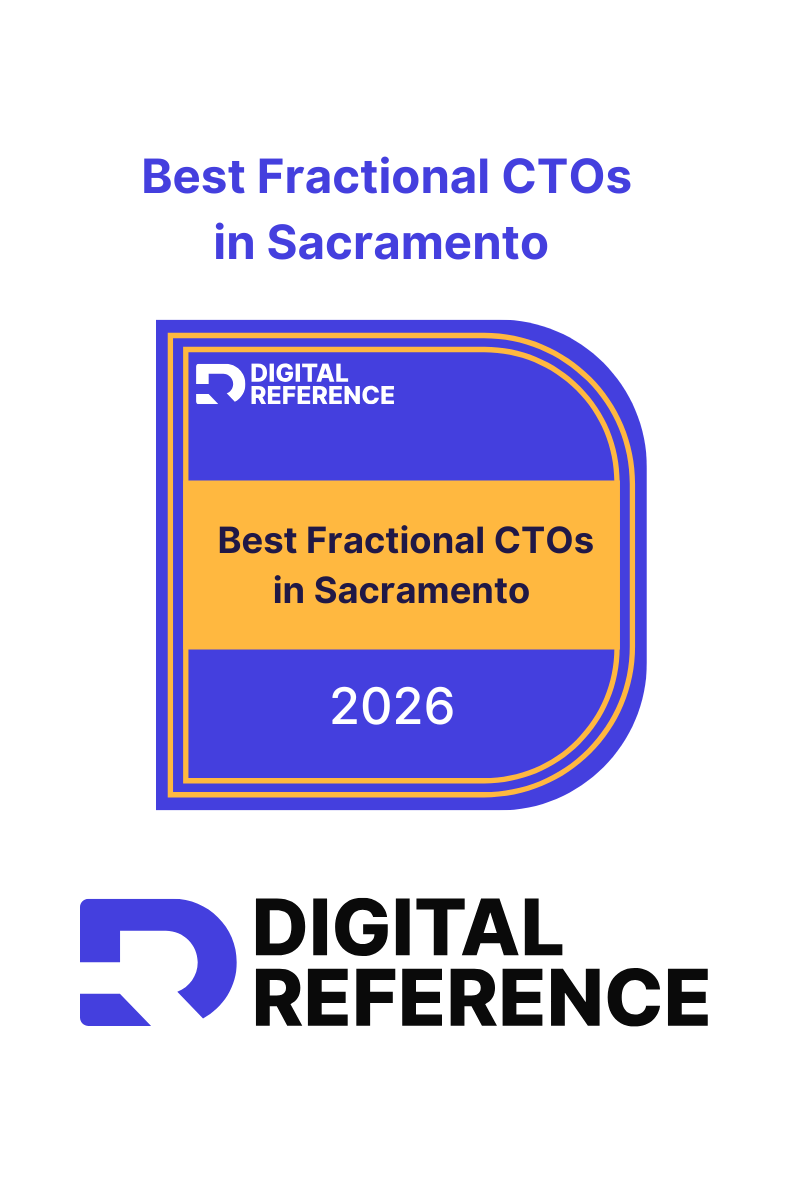
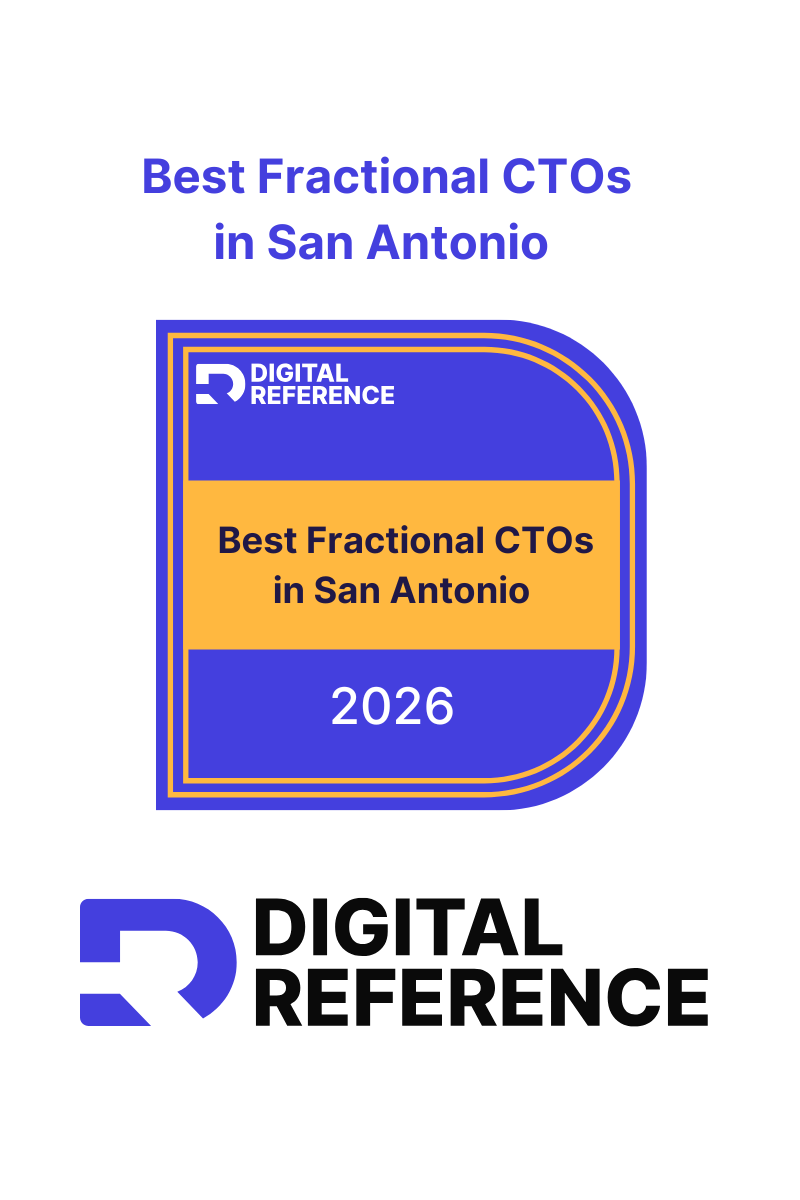
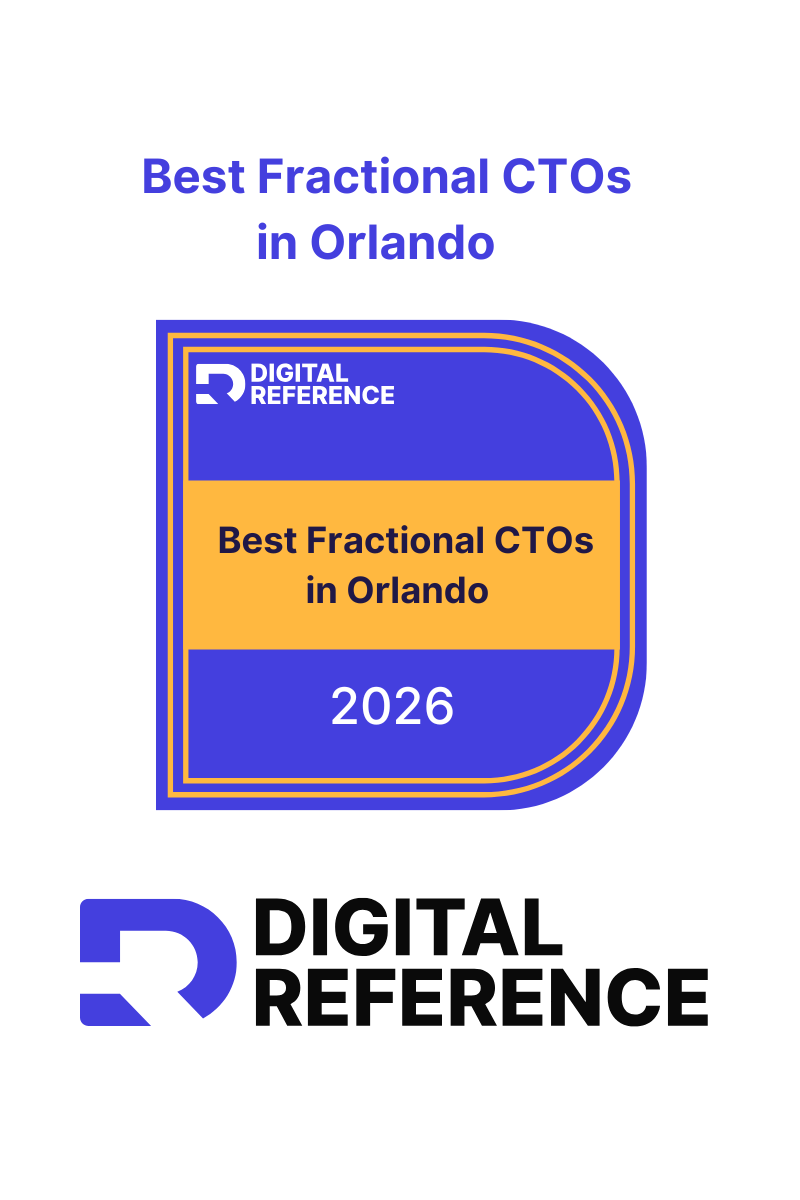
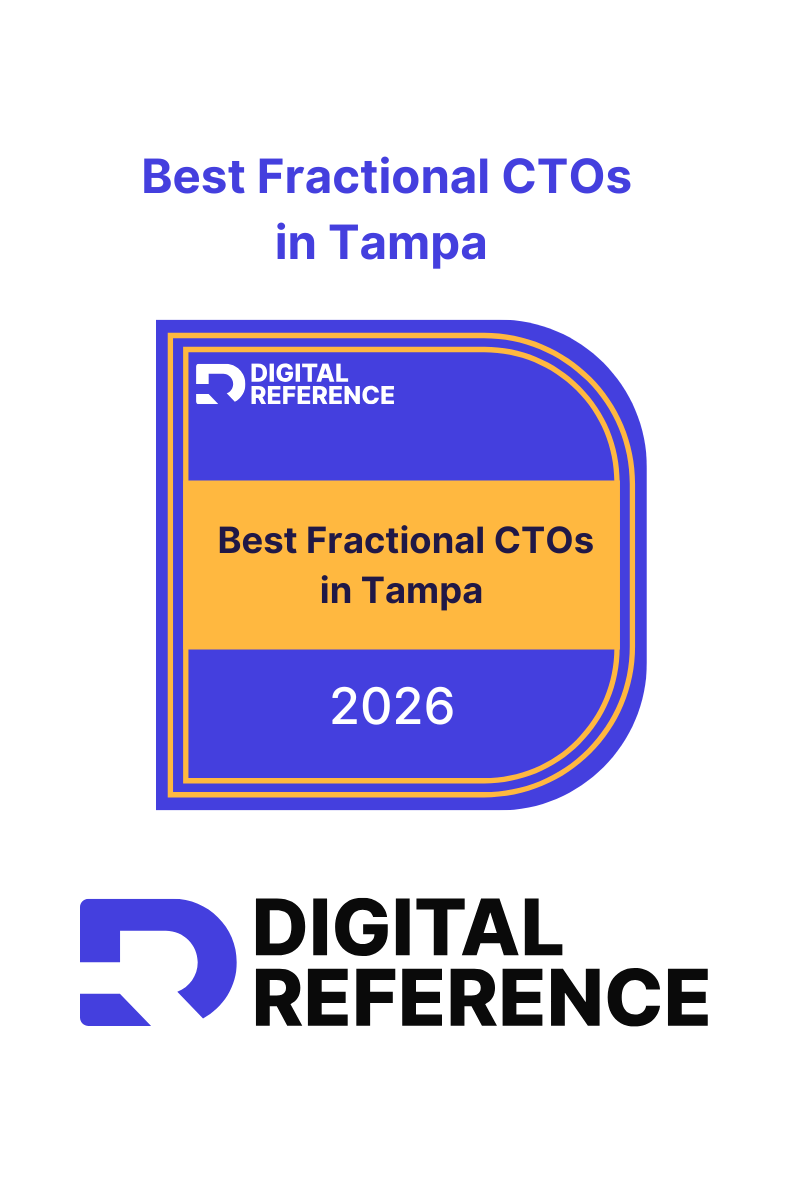
.png)

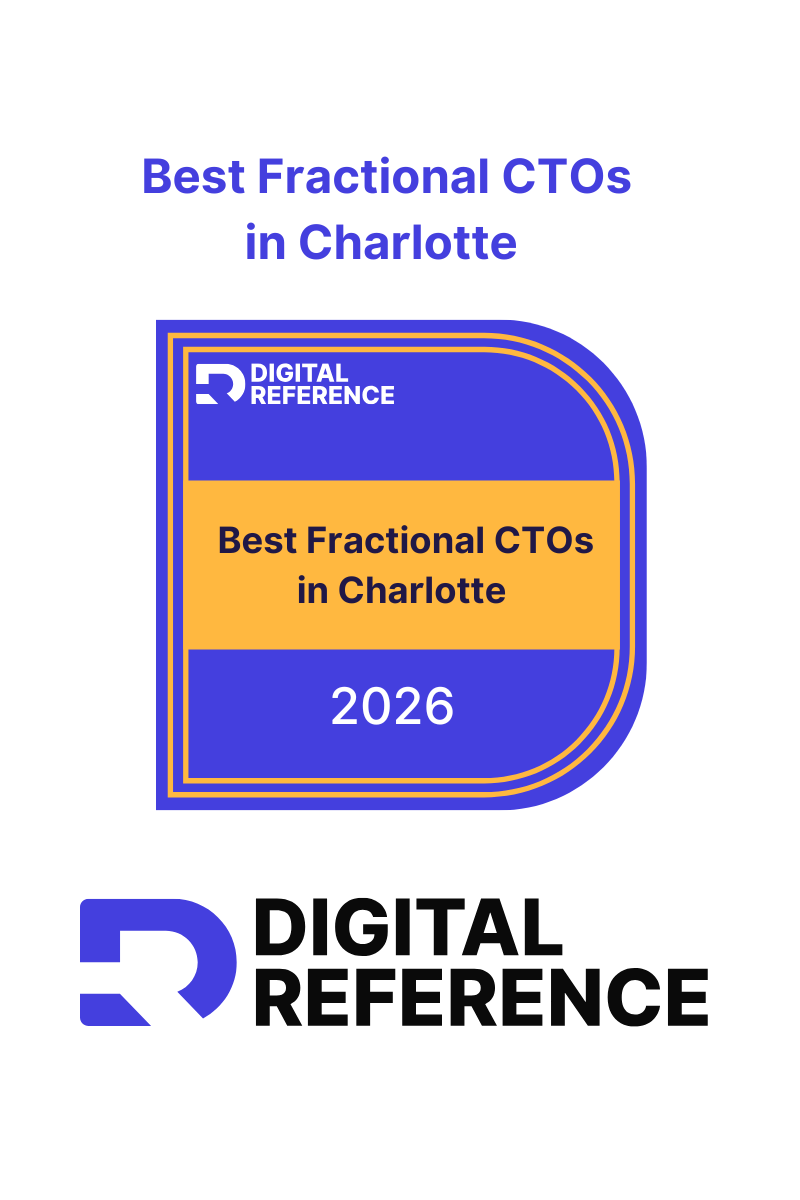
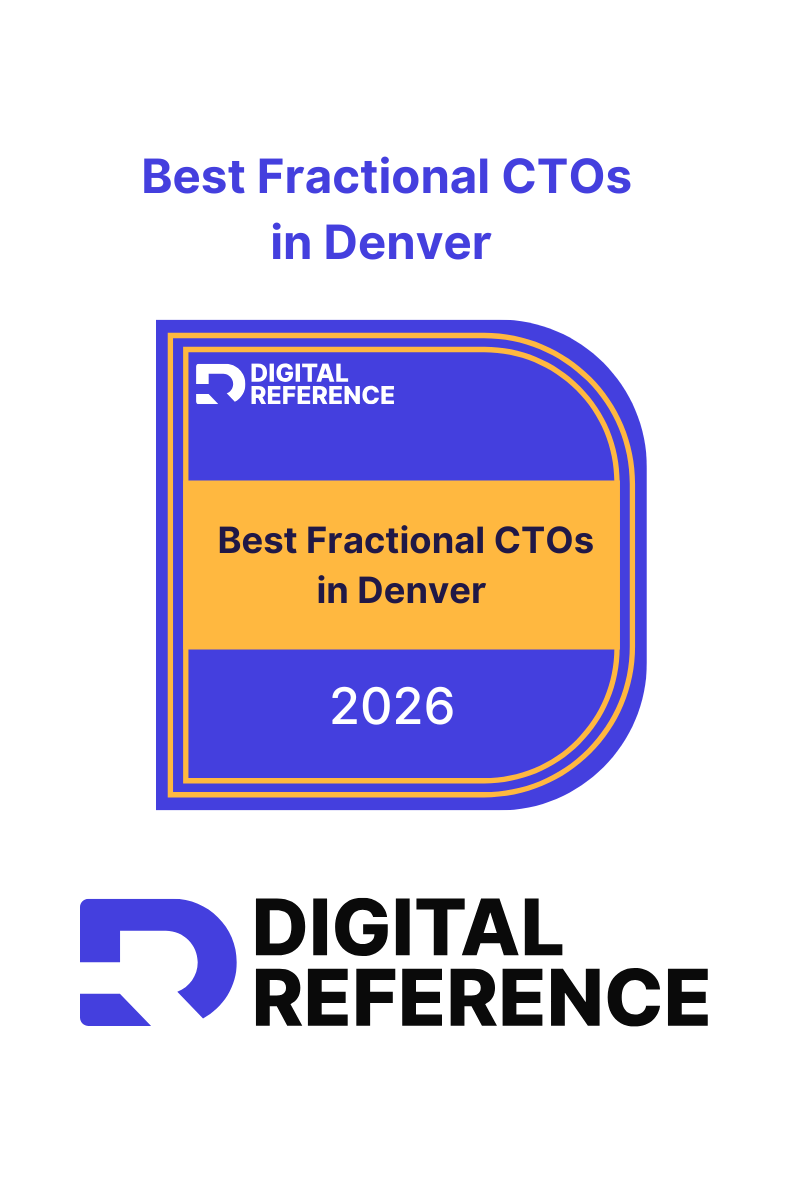
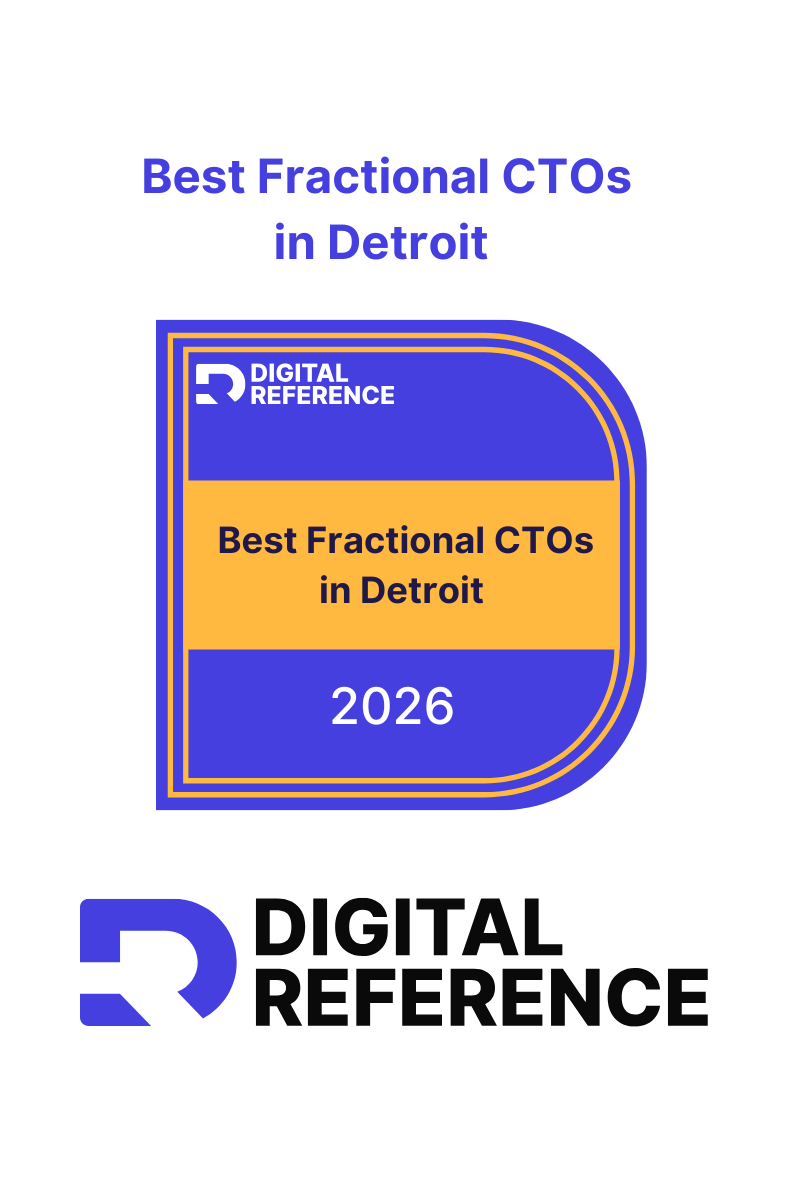
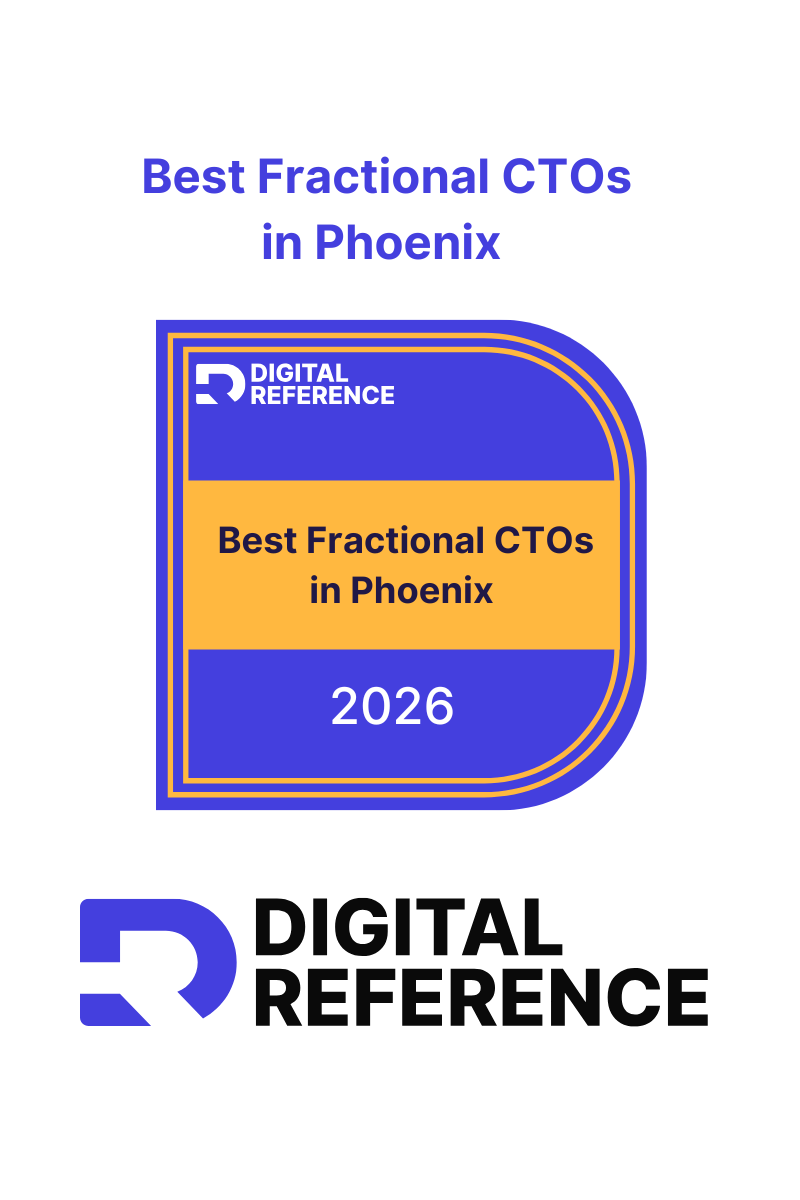
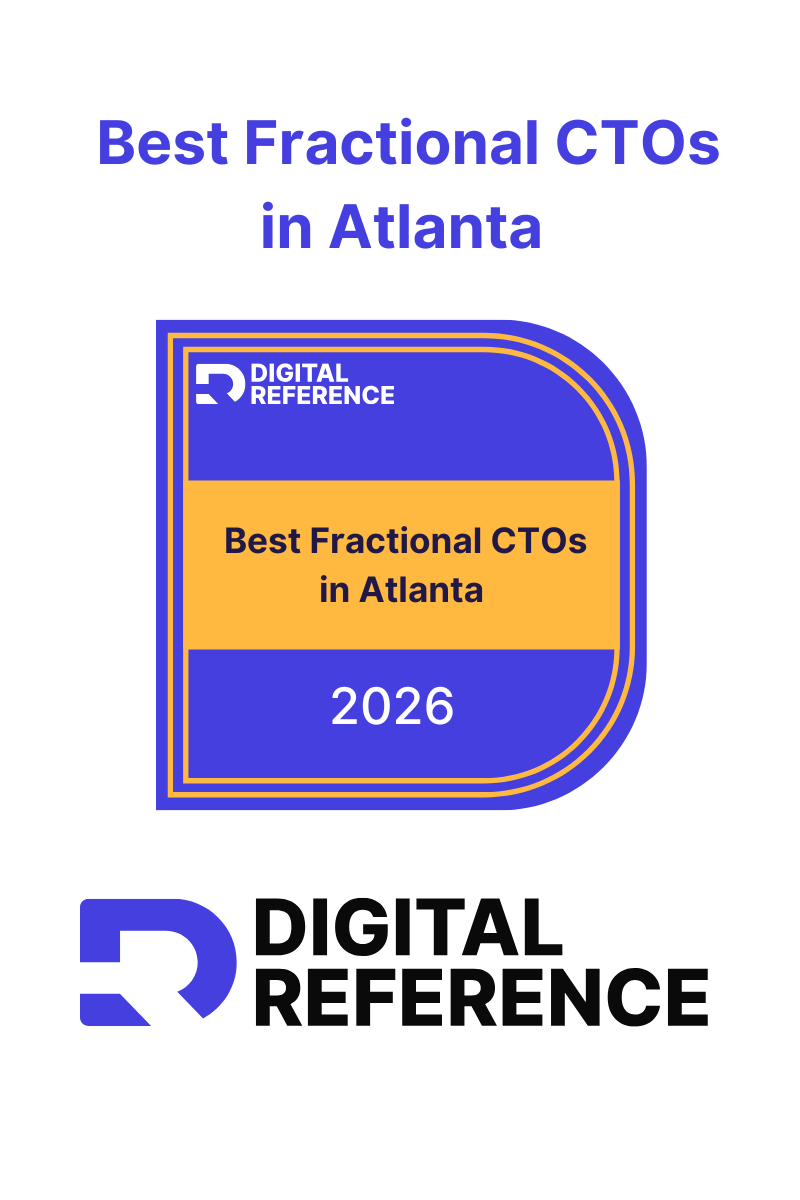
.png)
